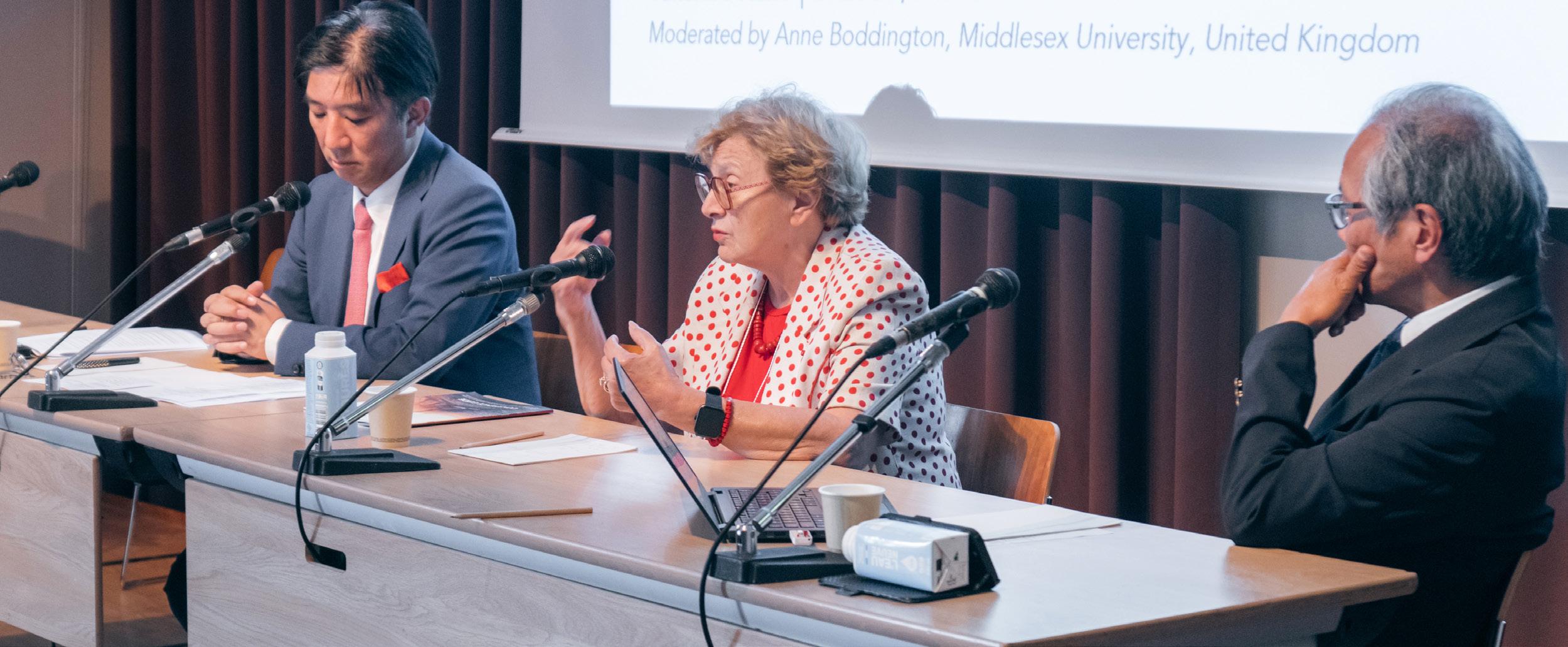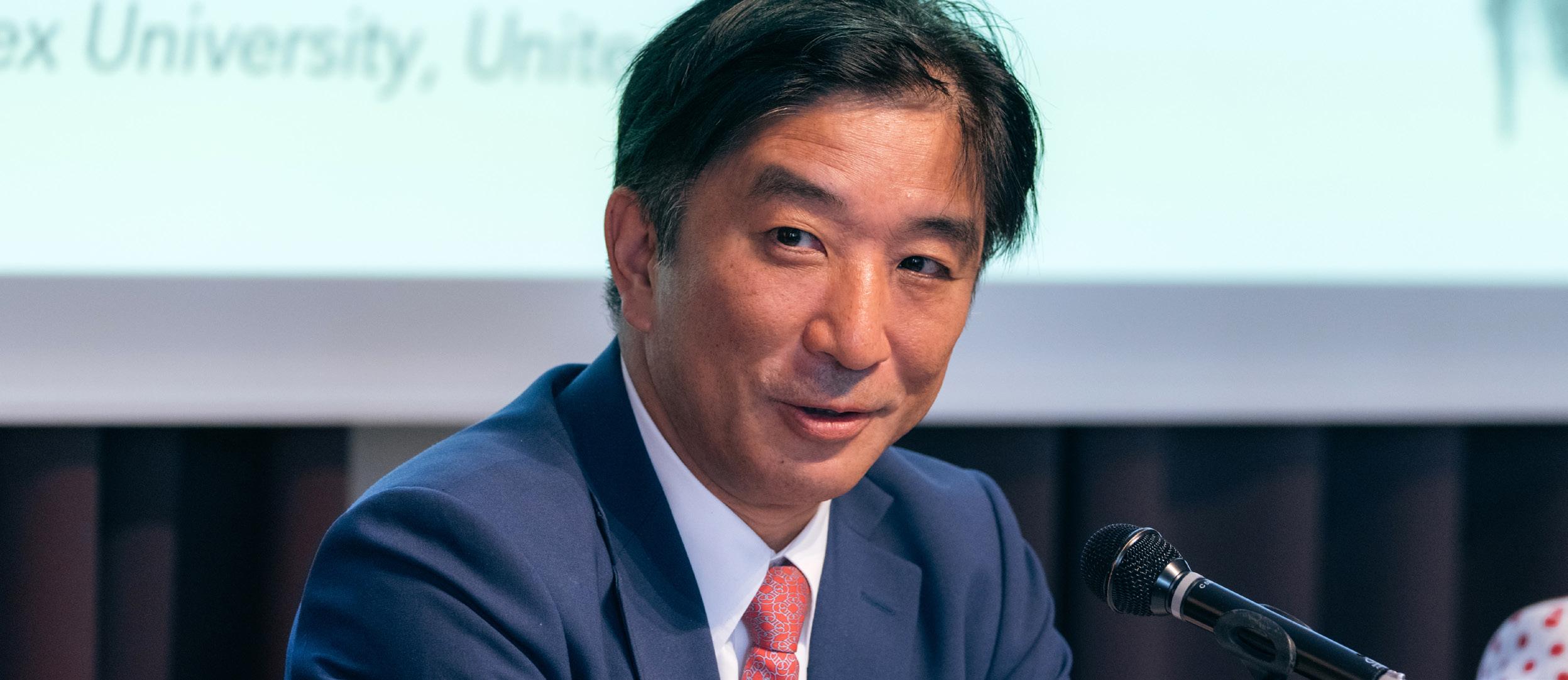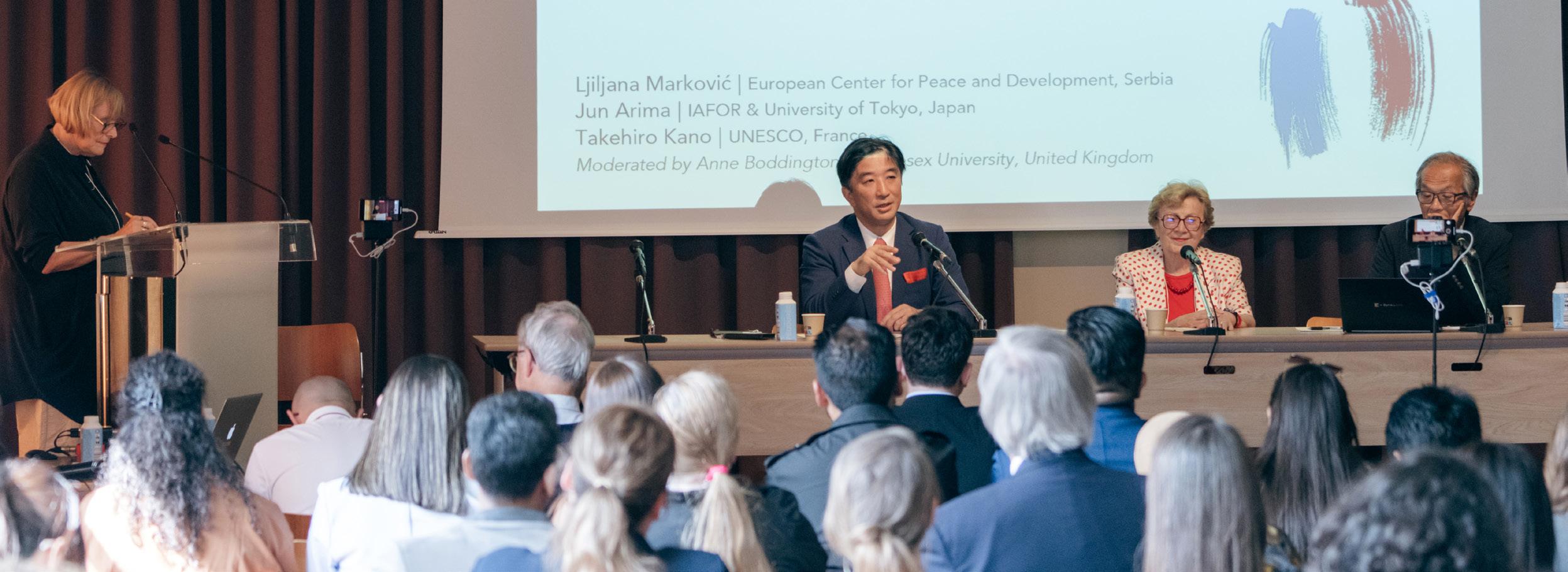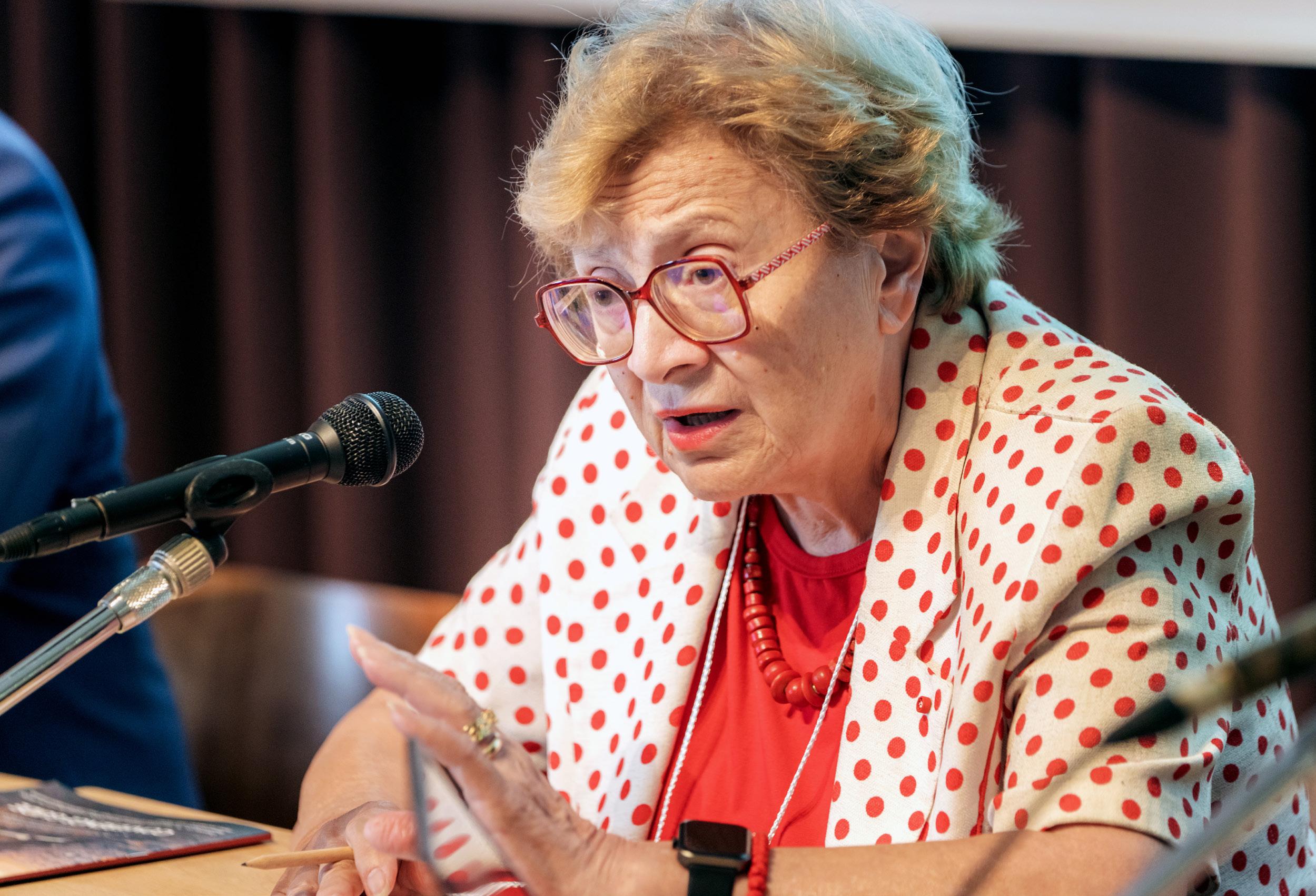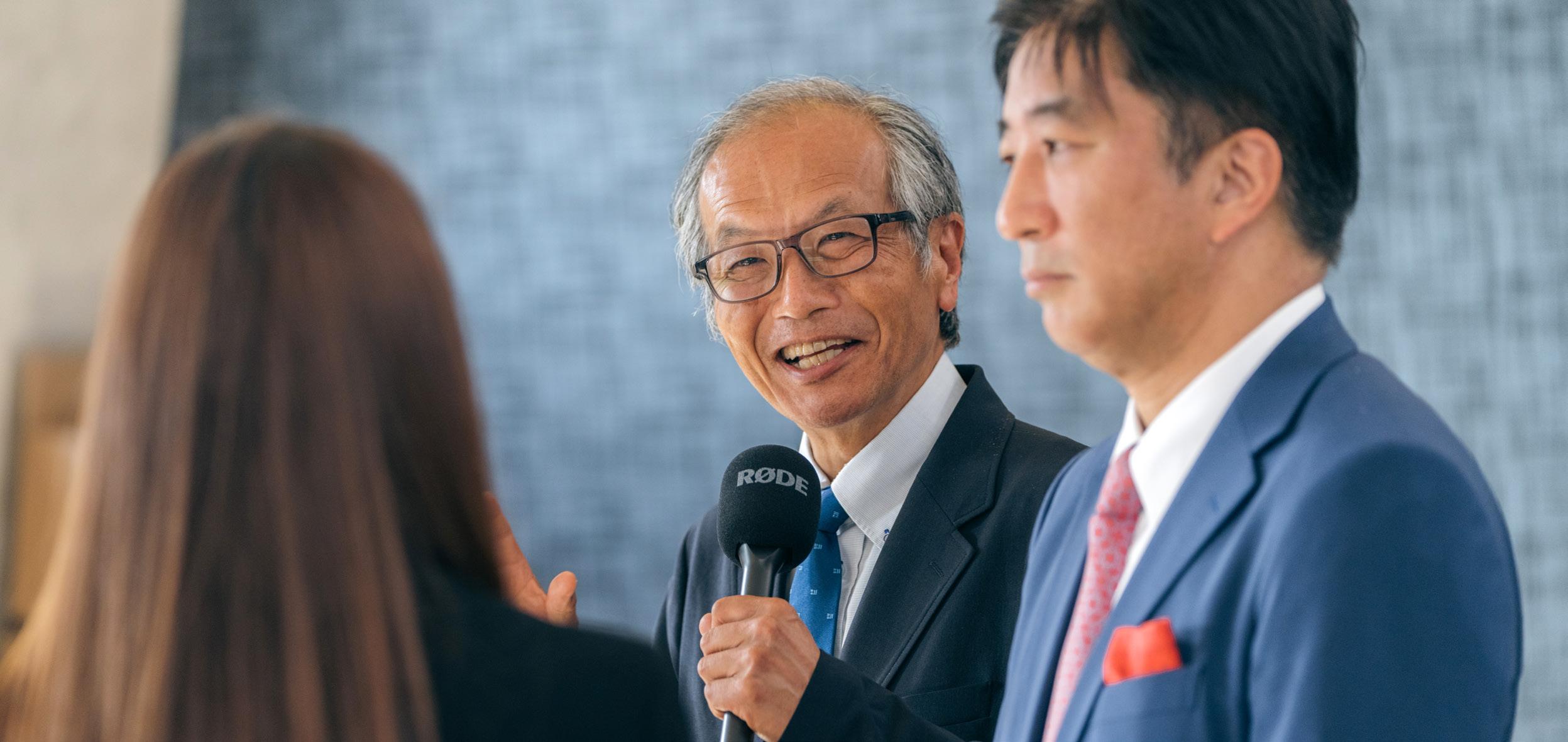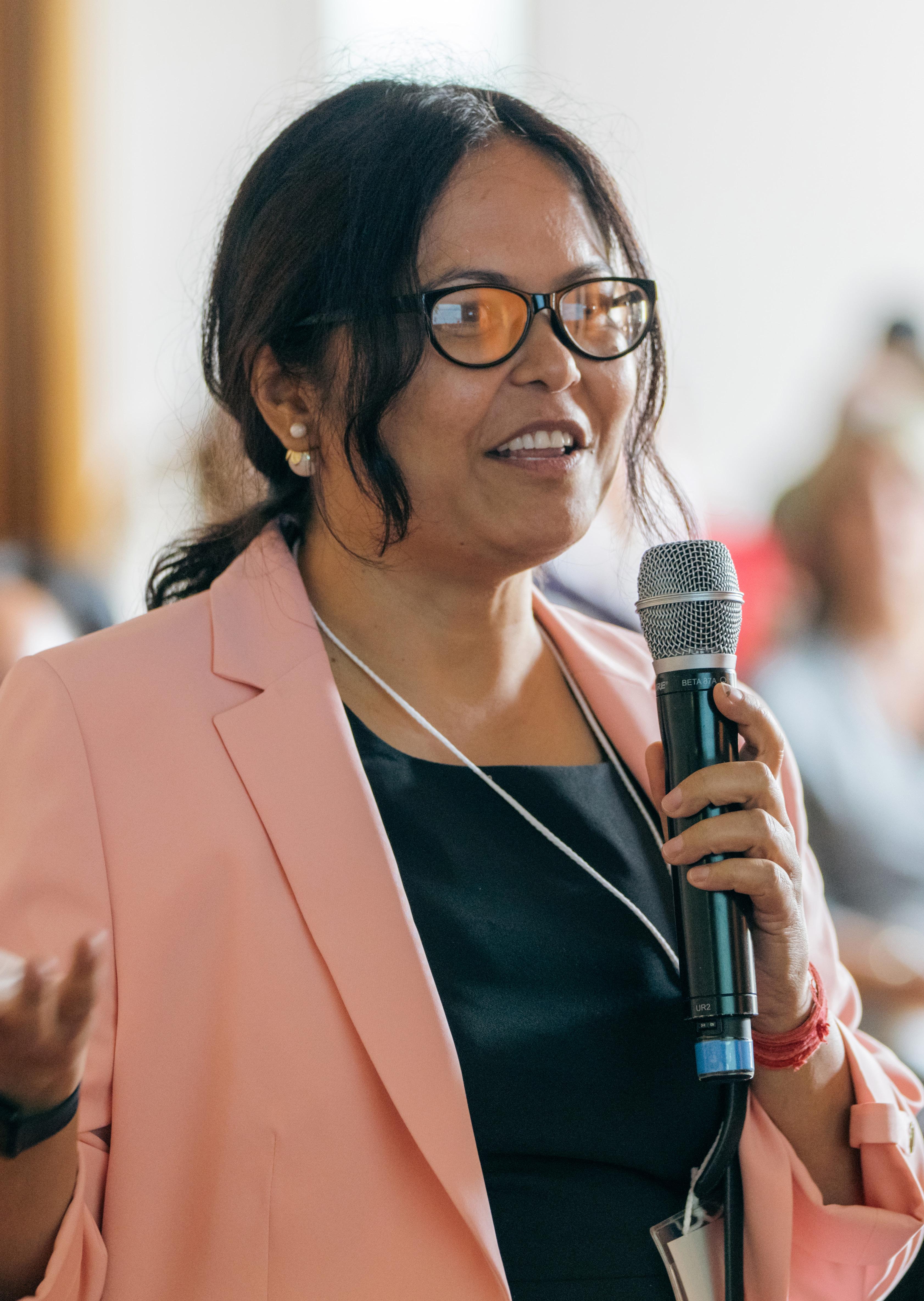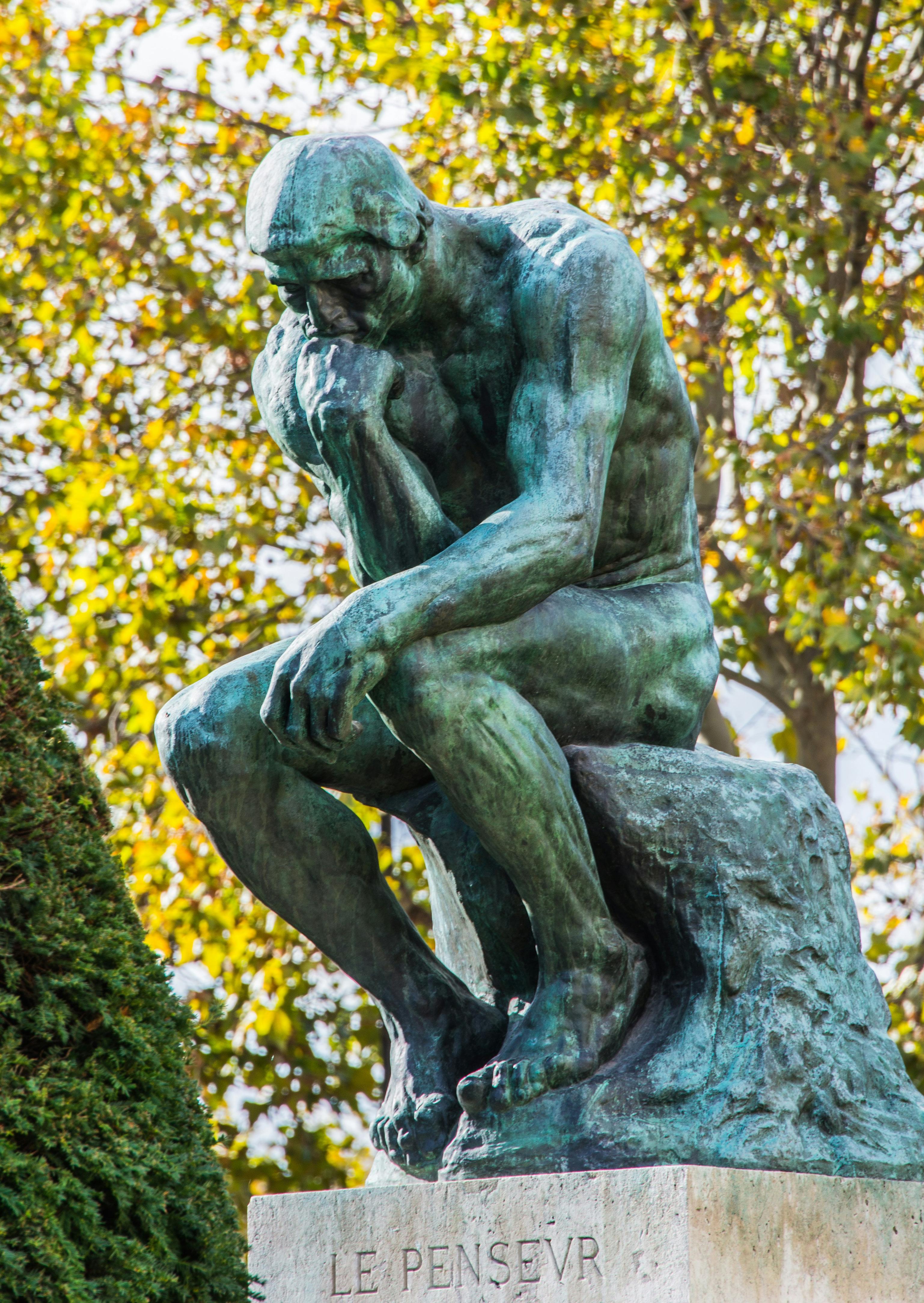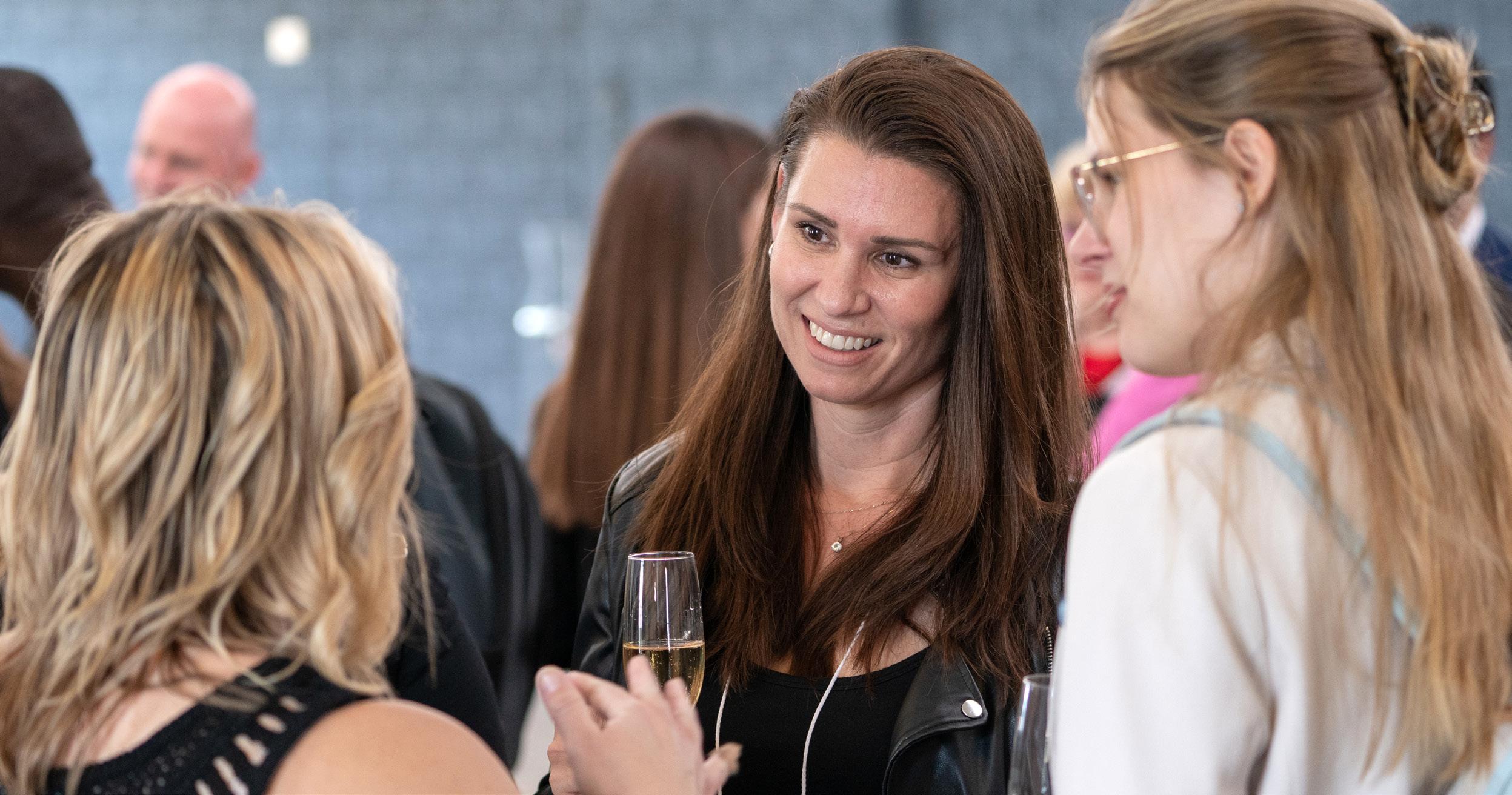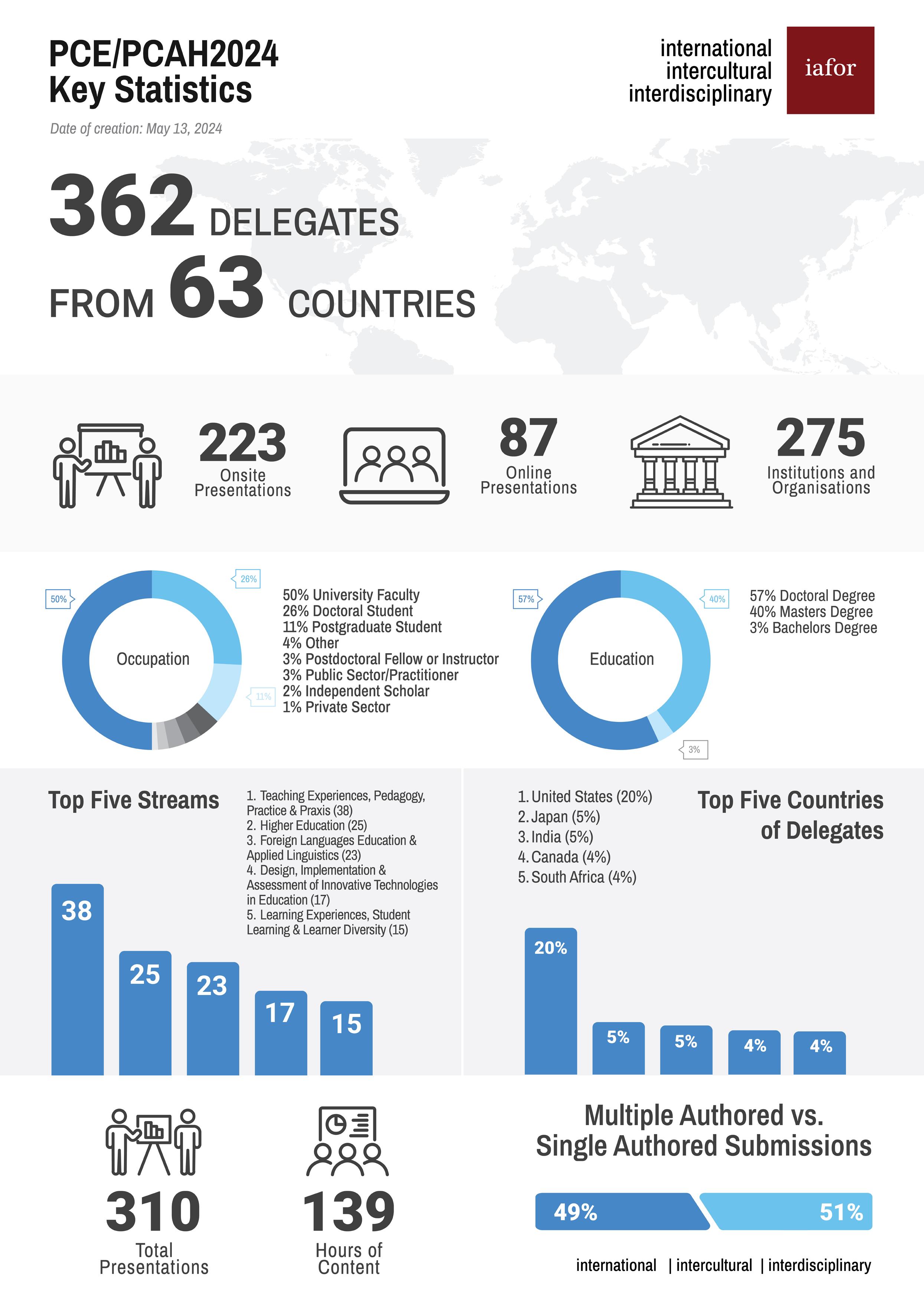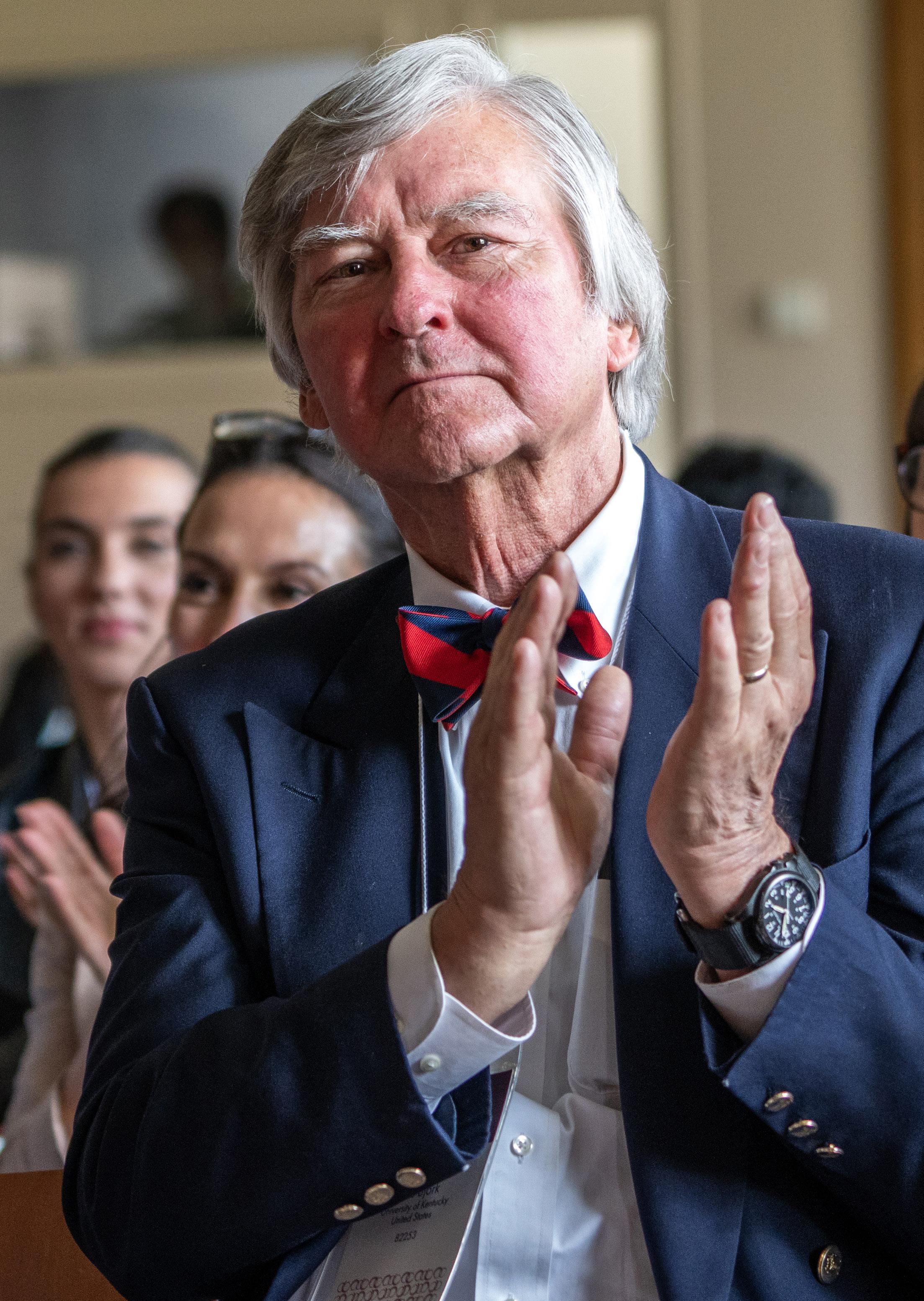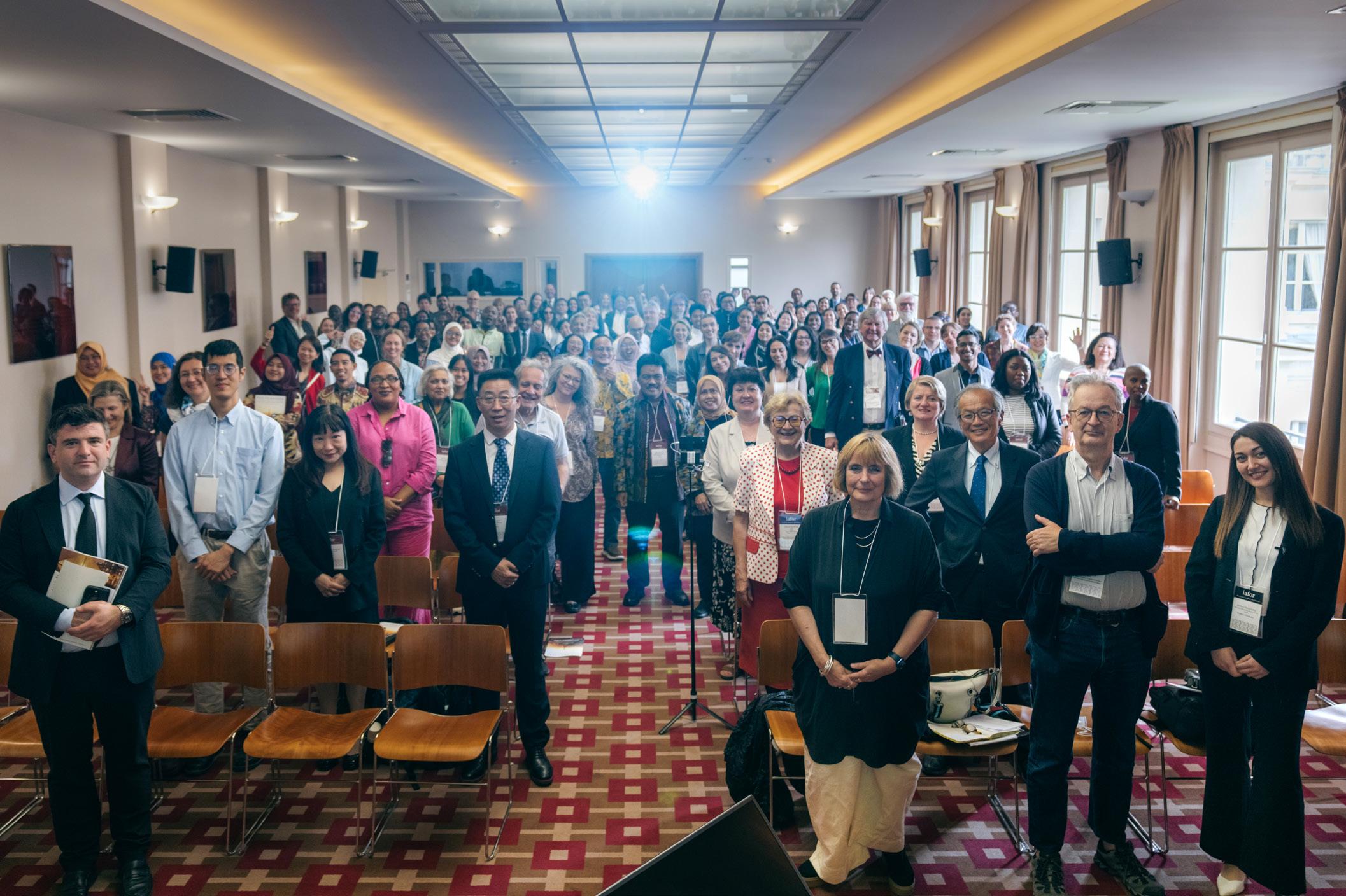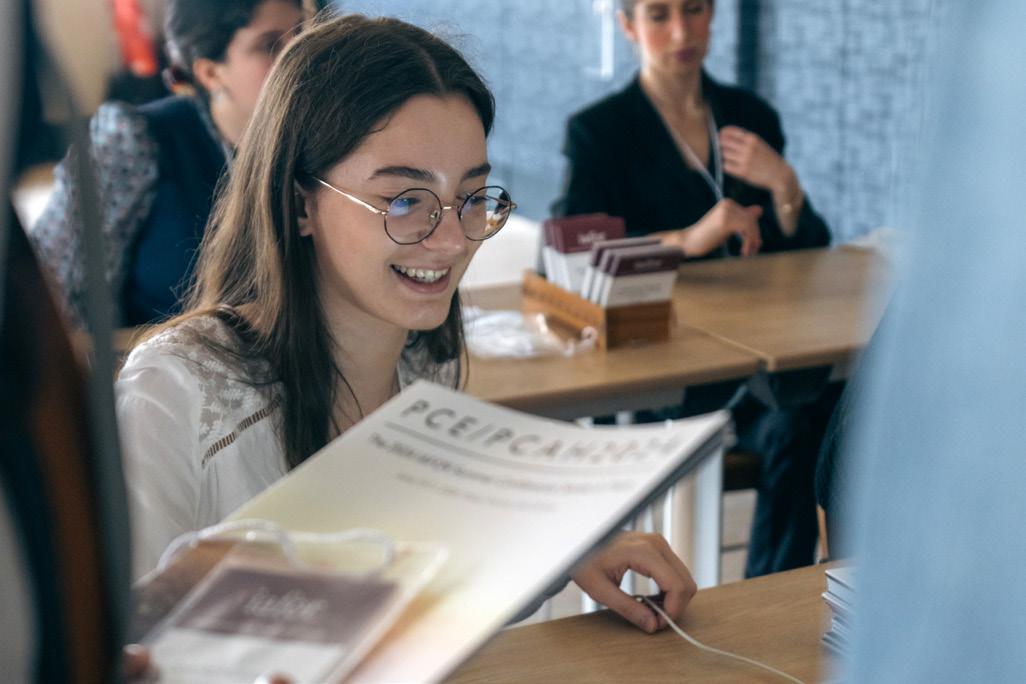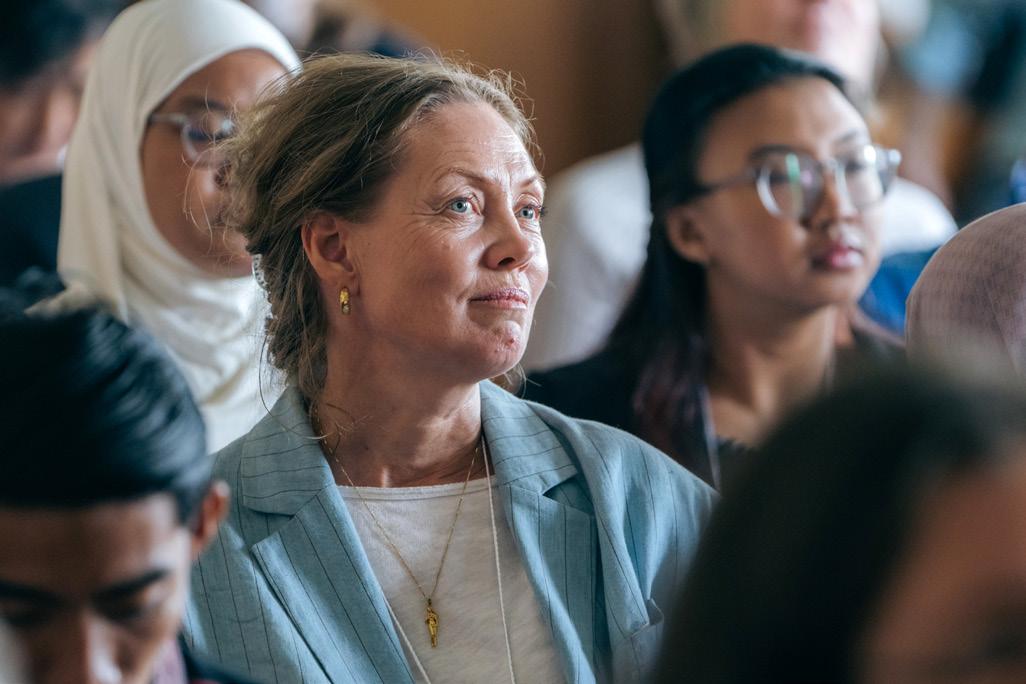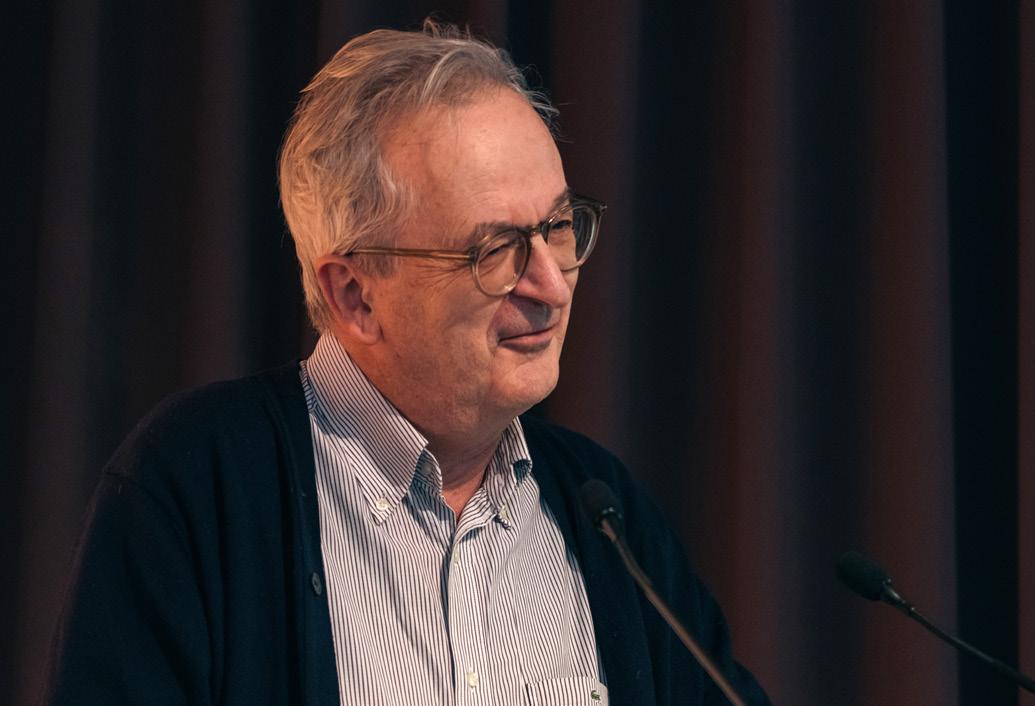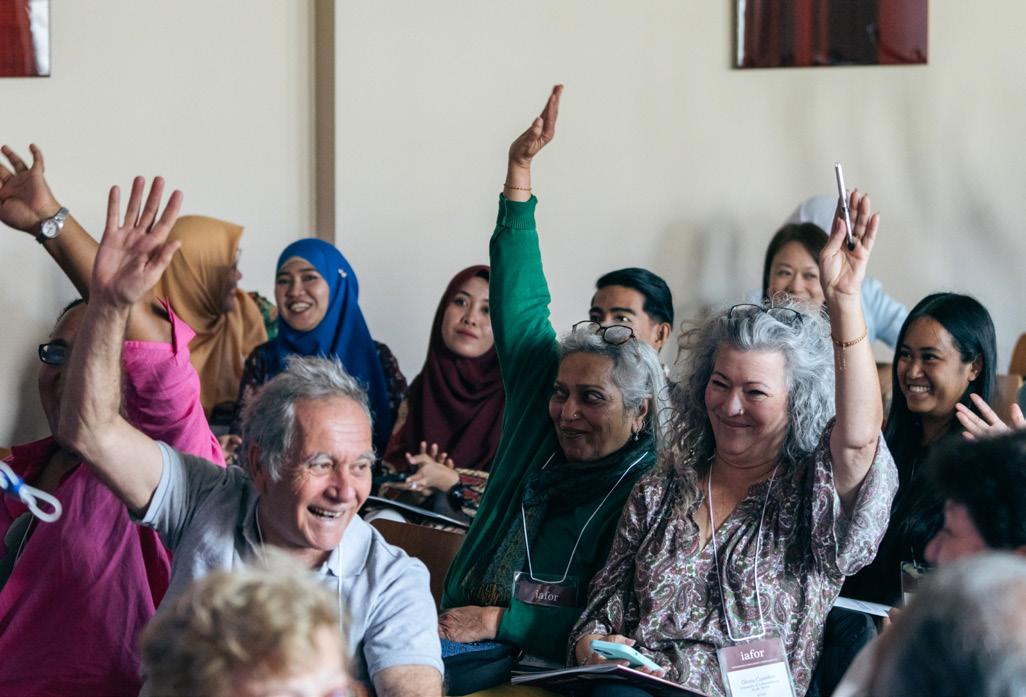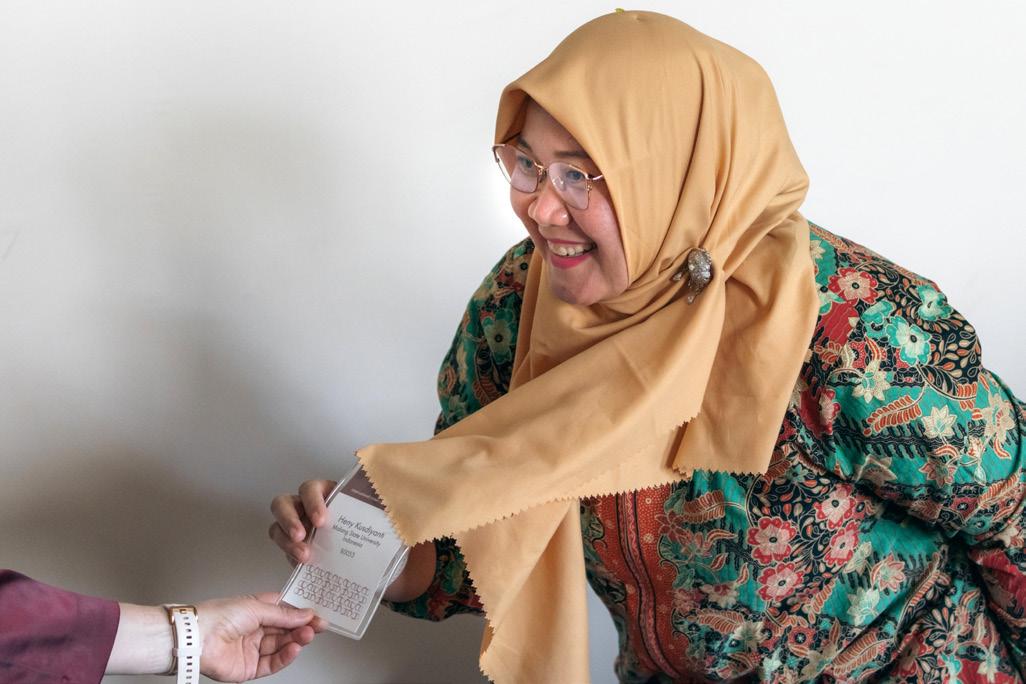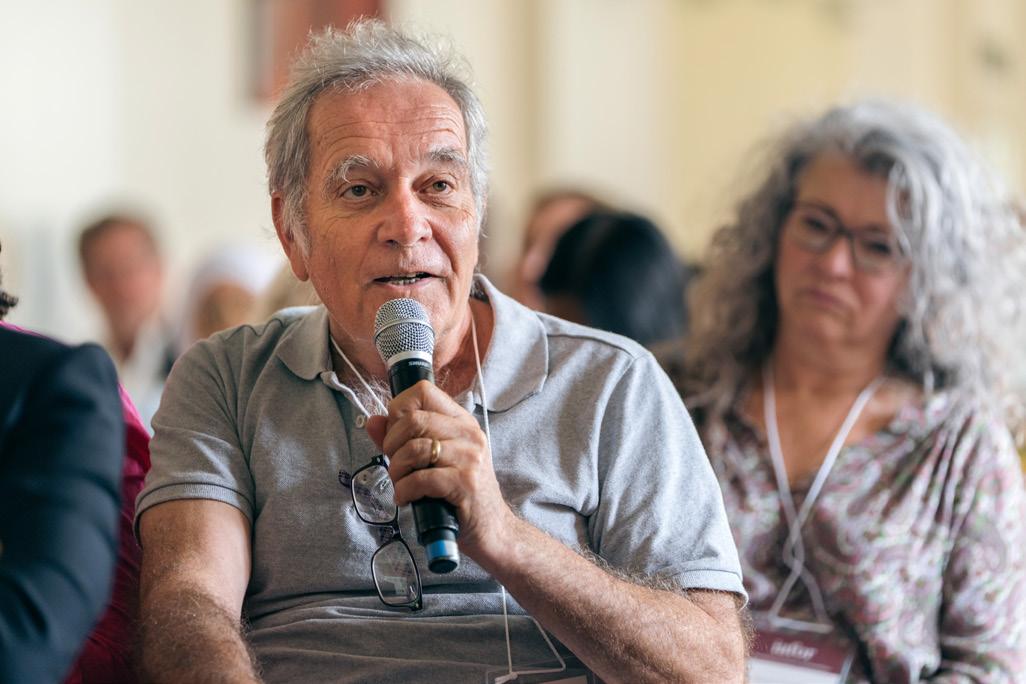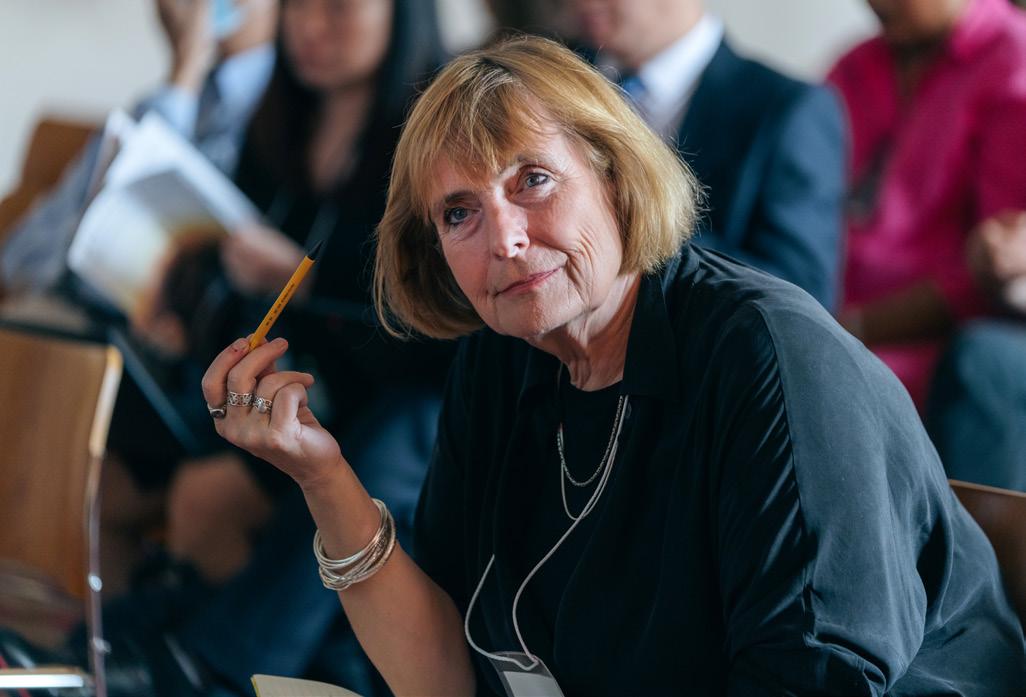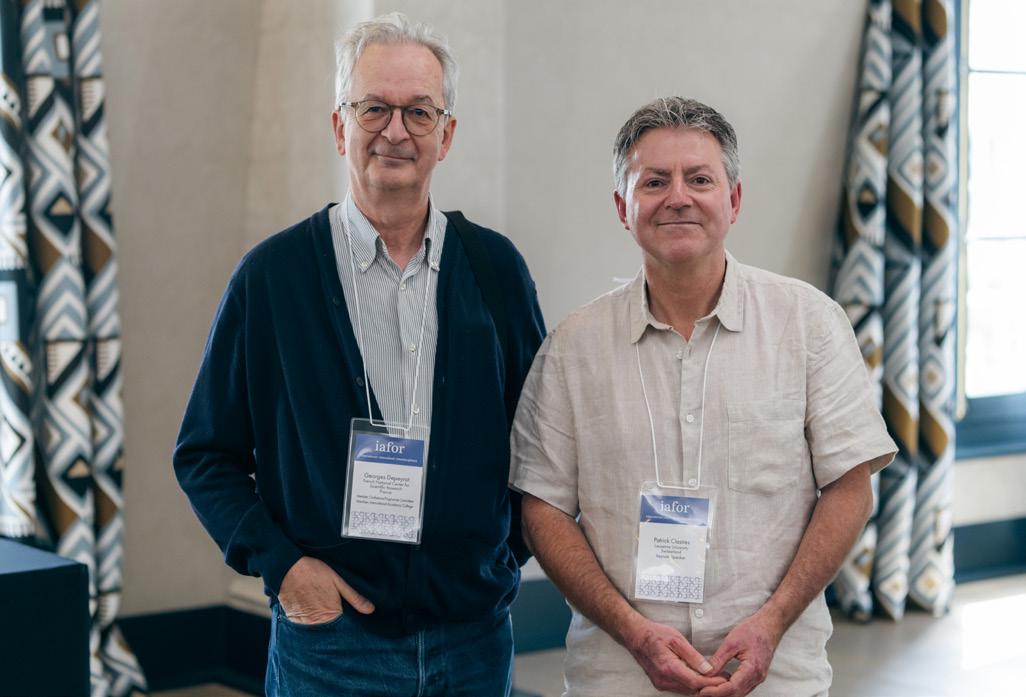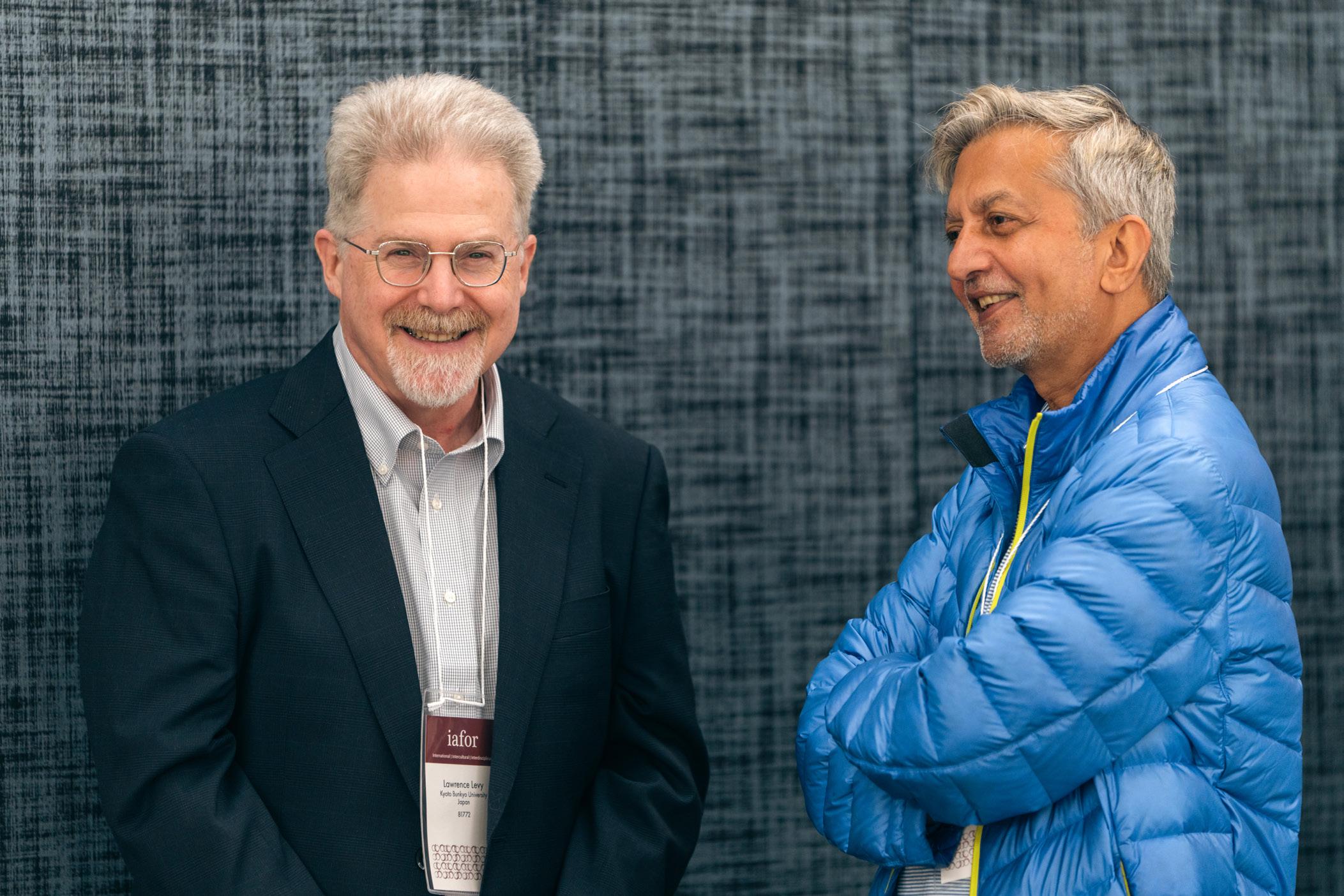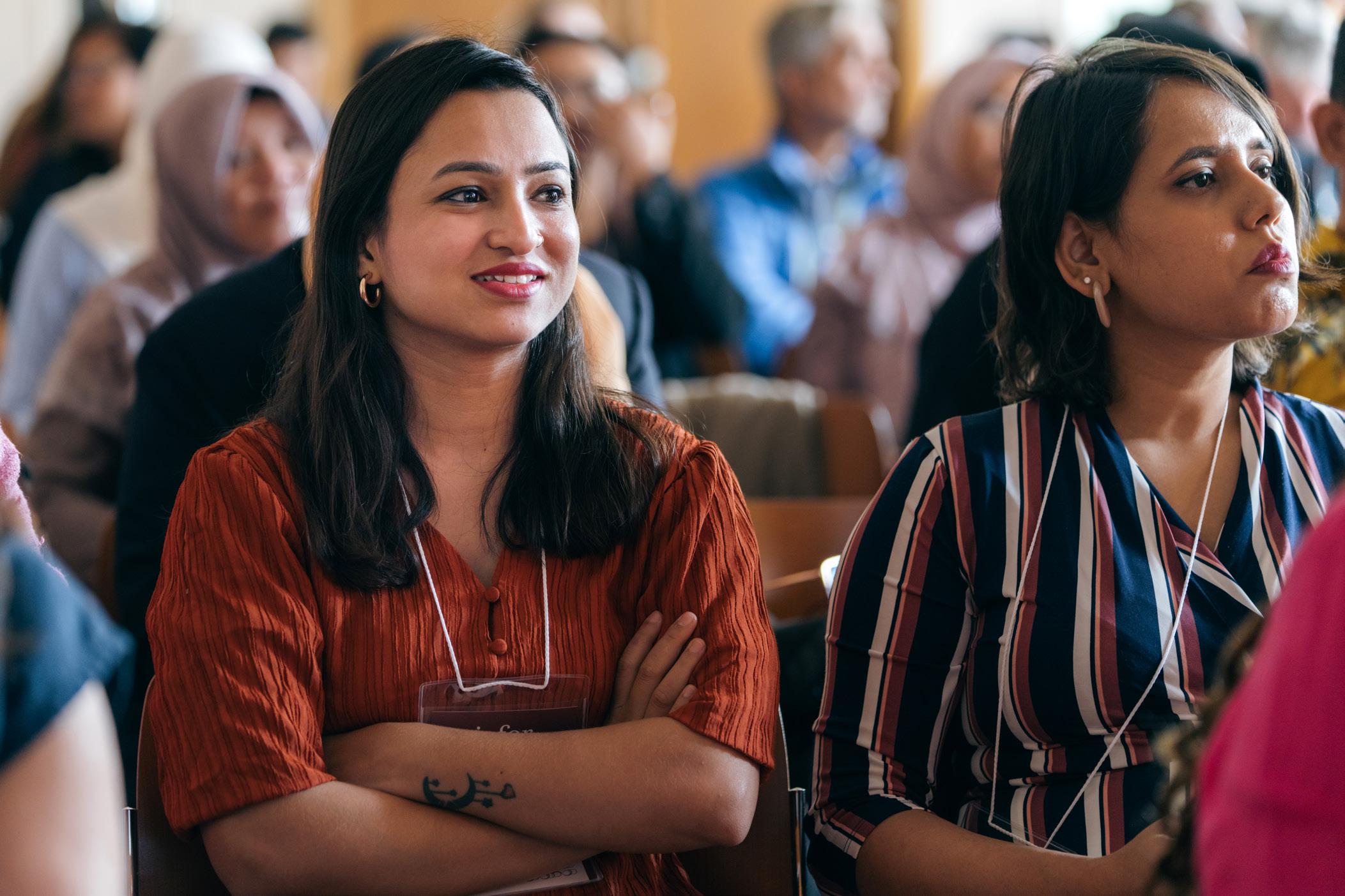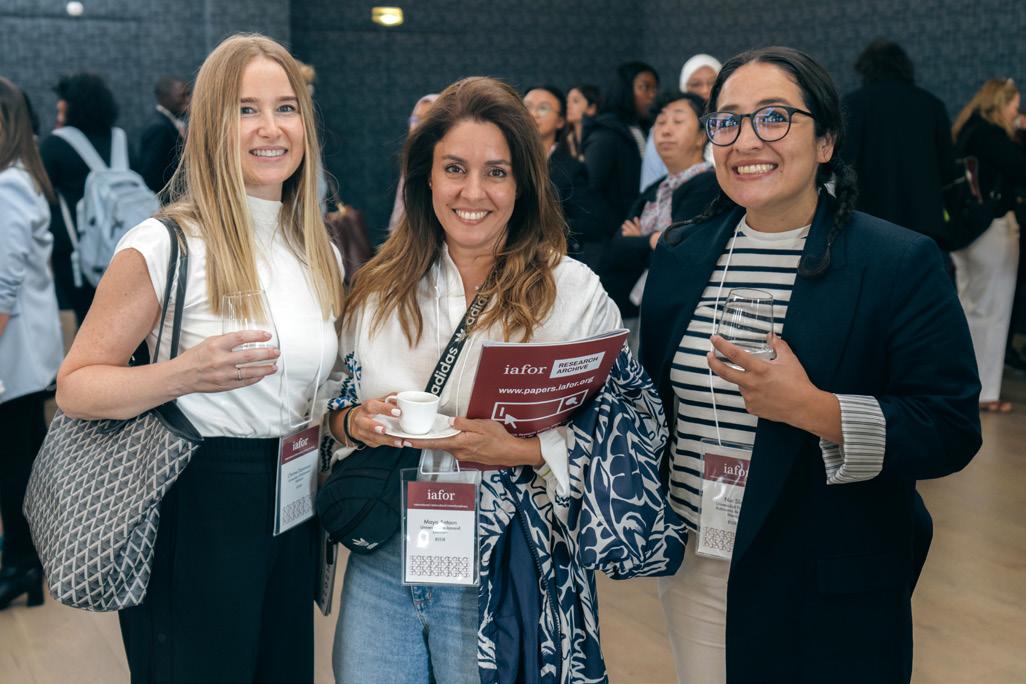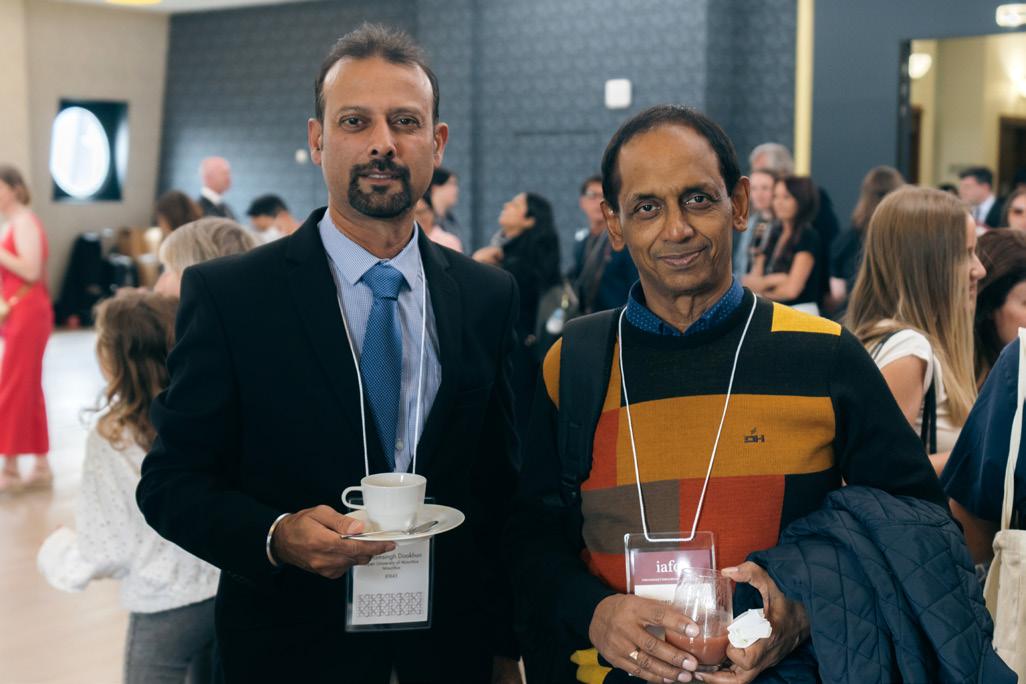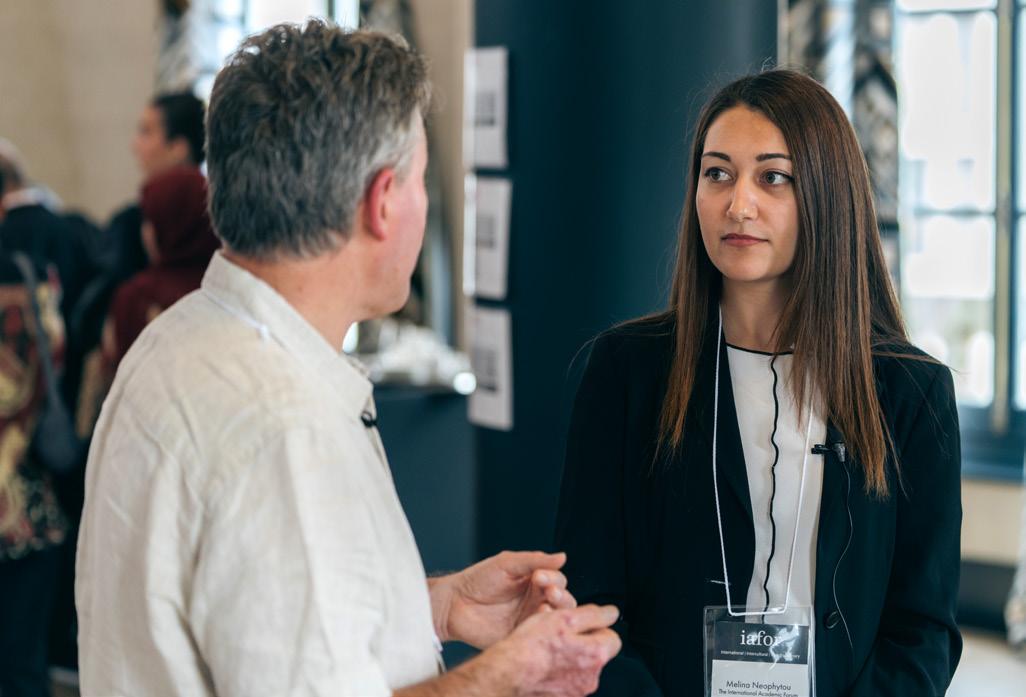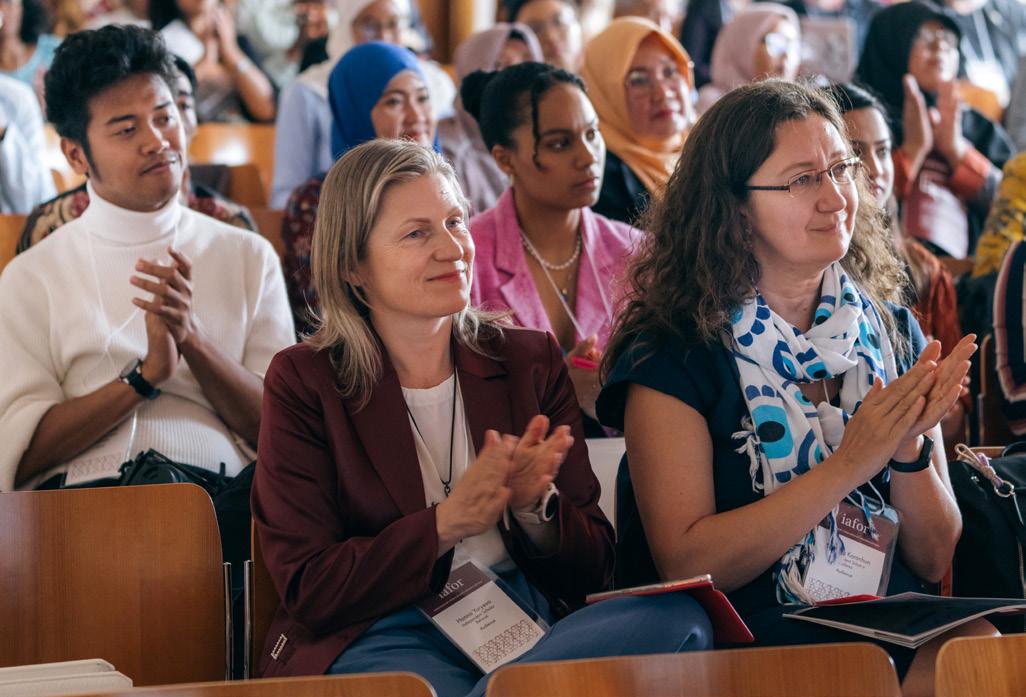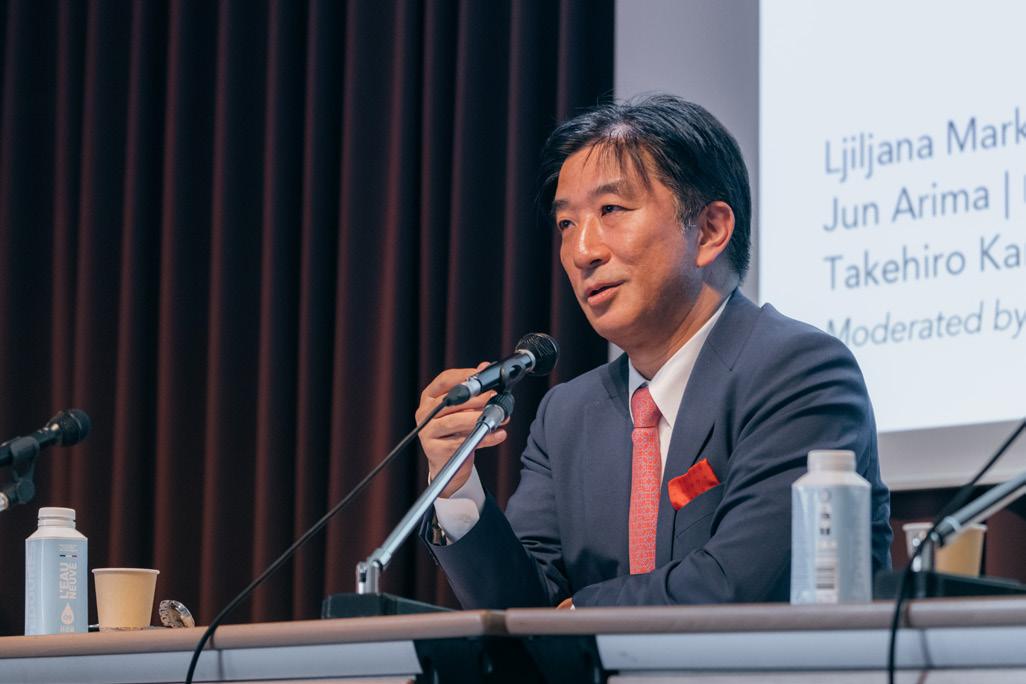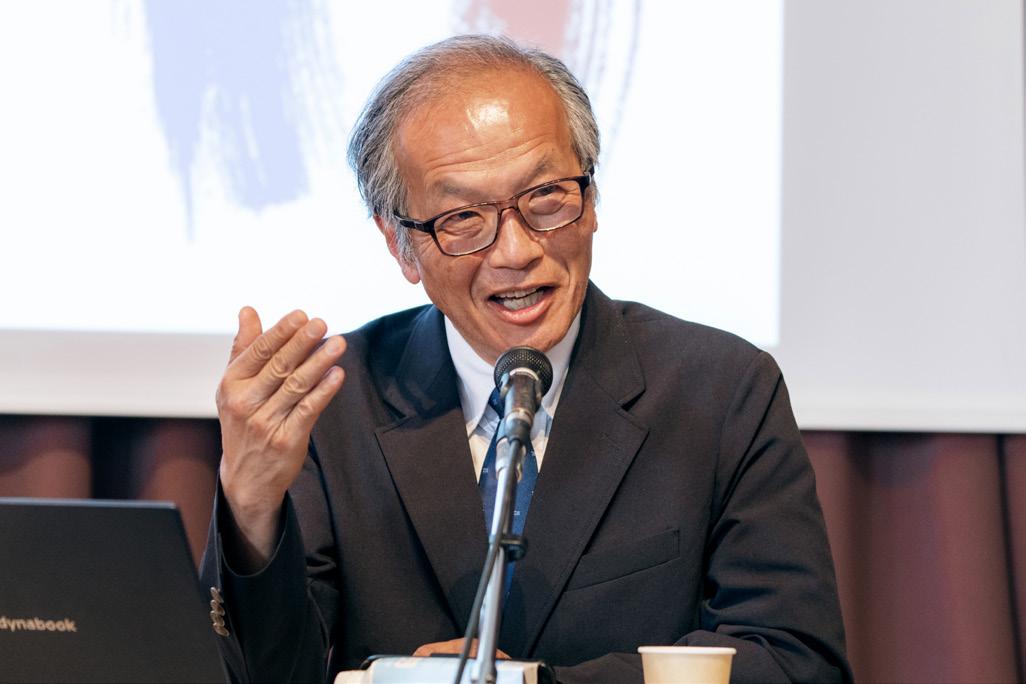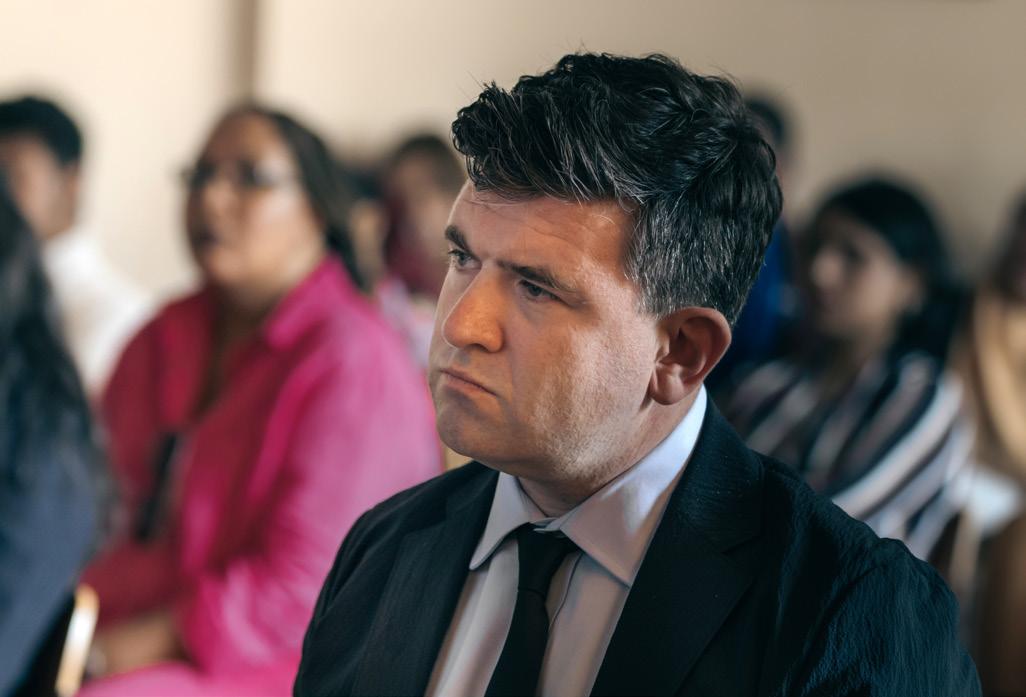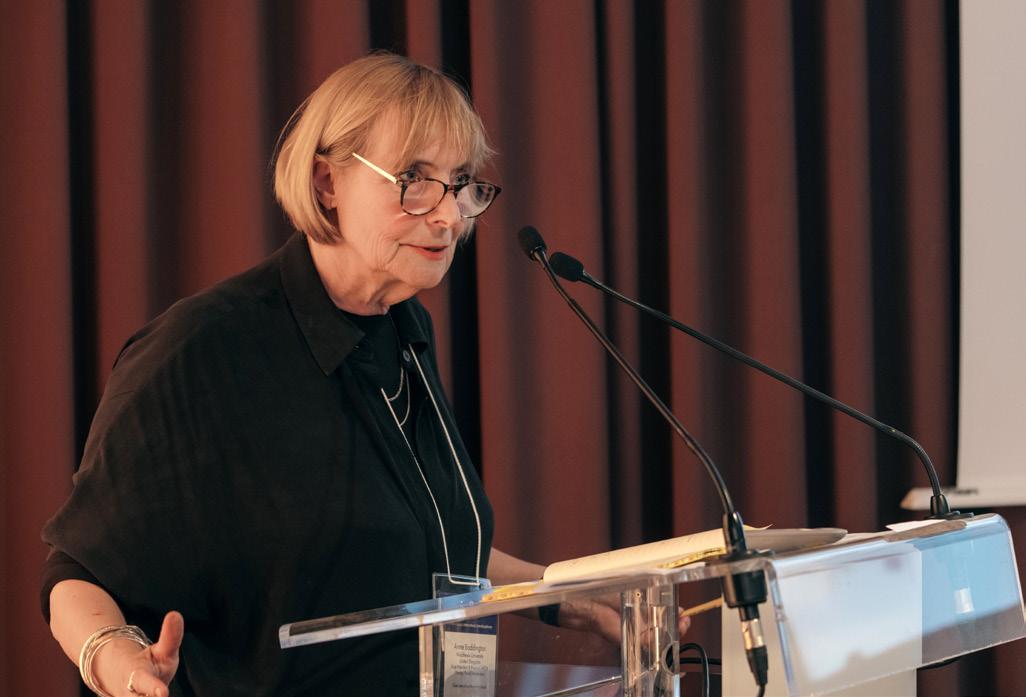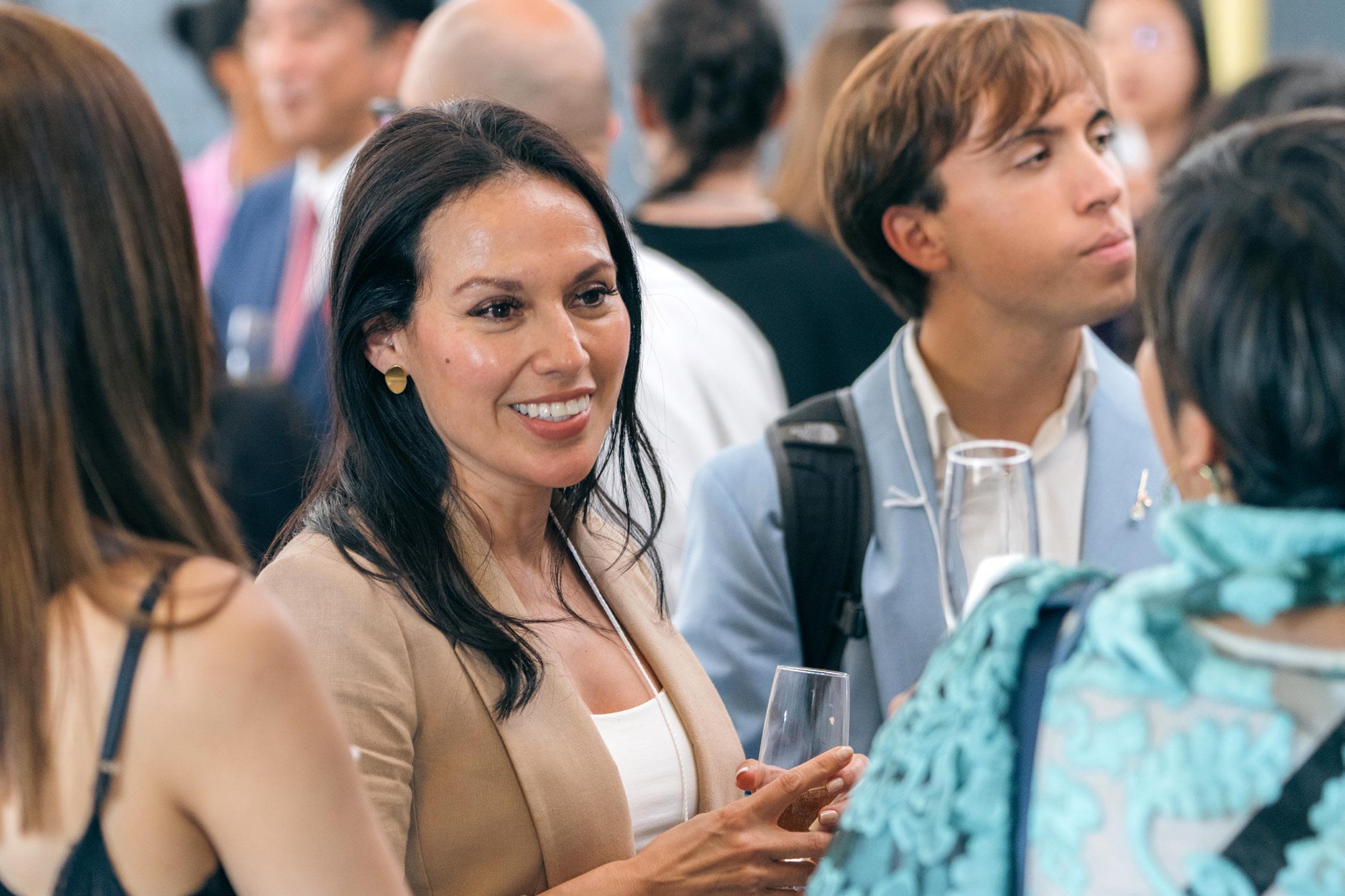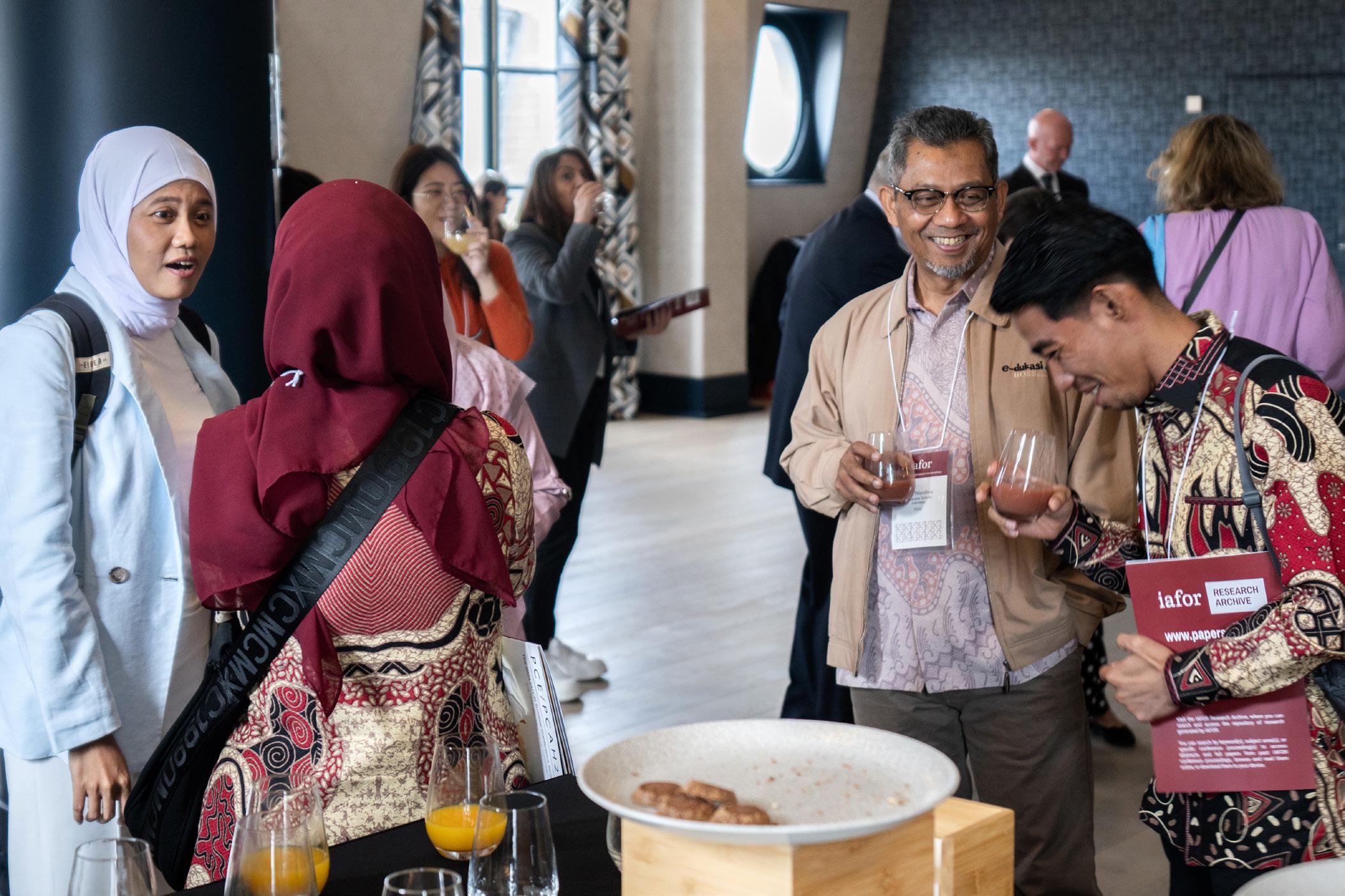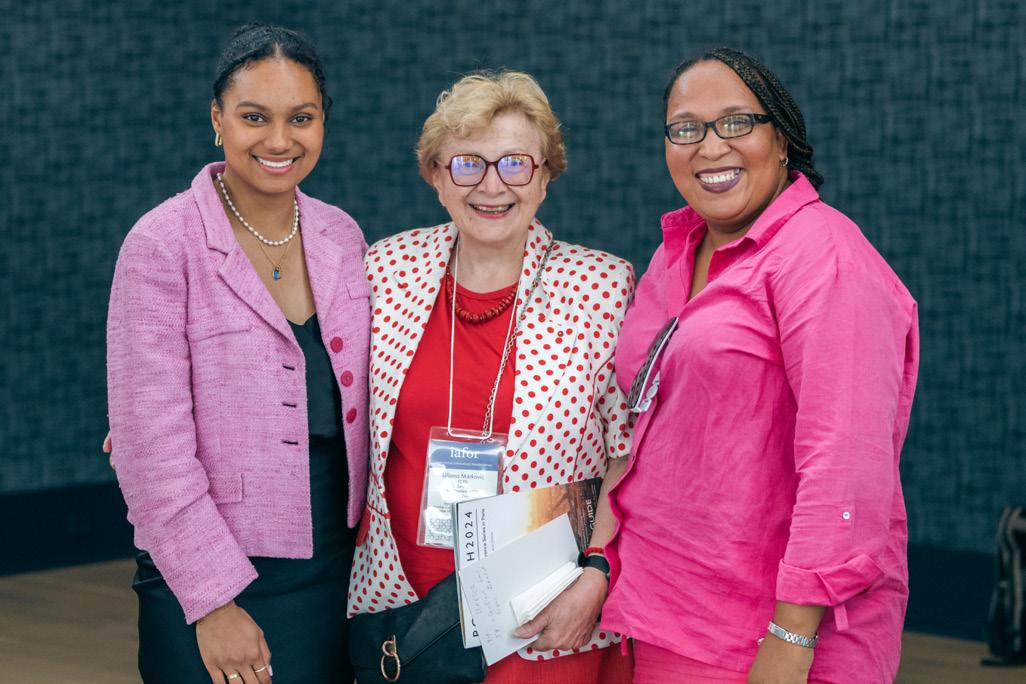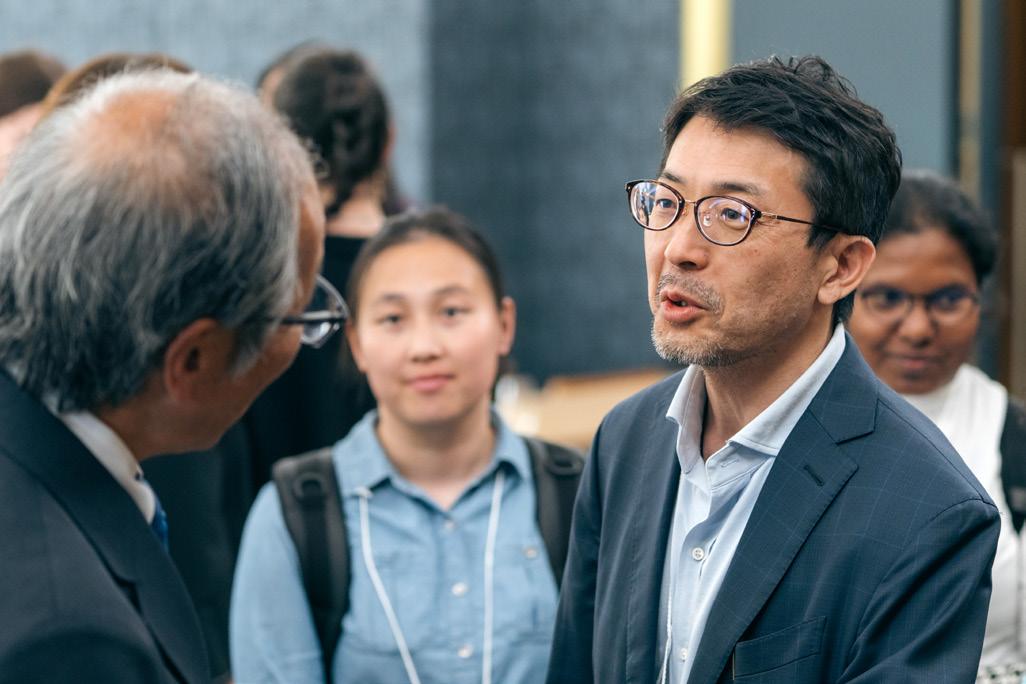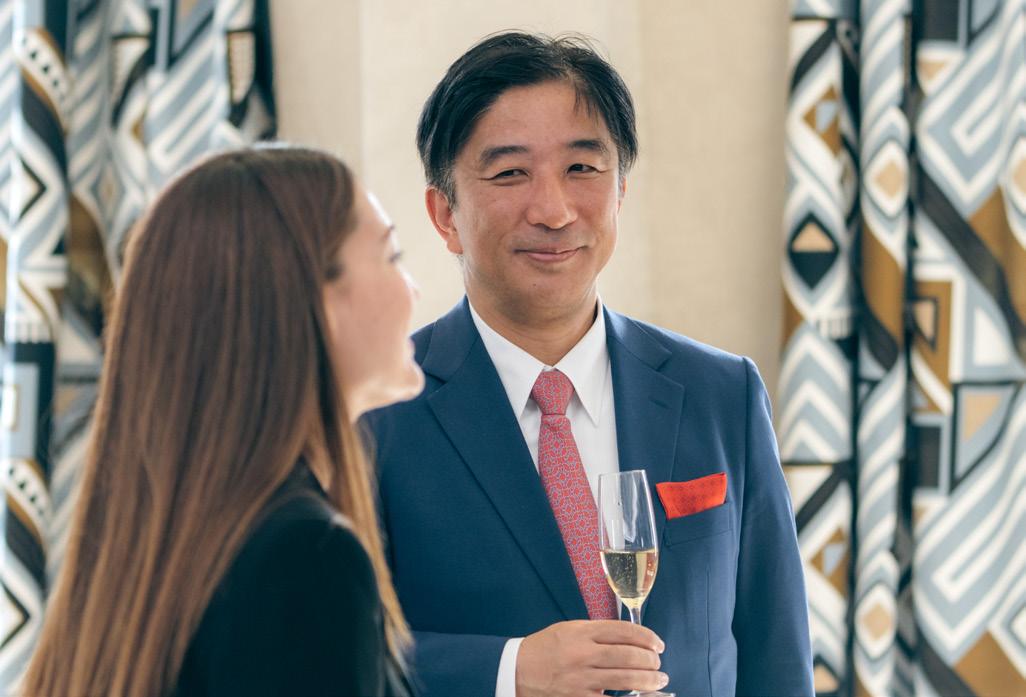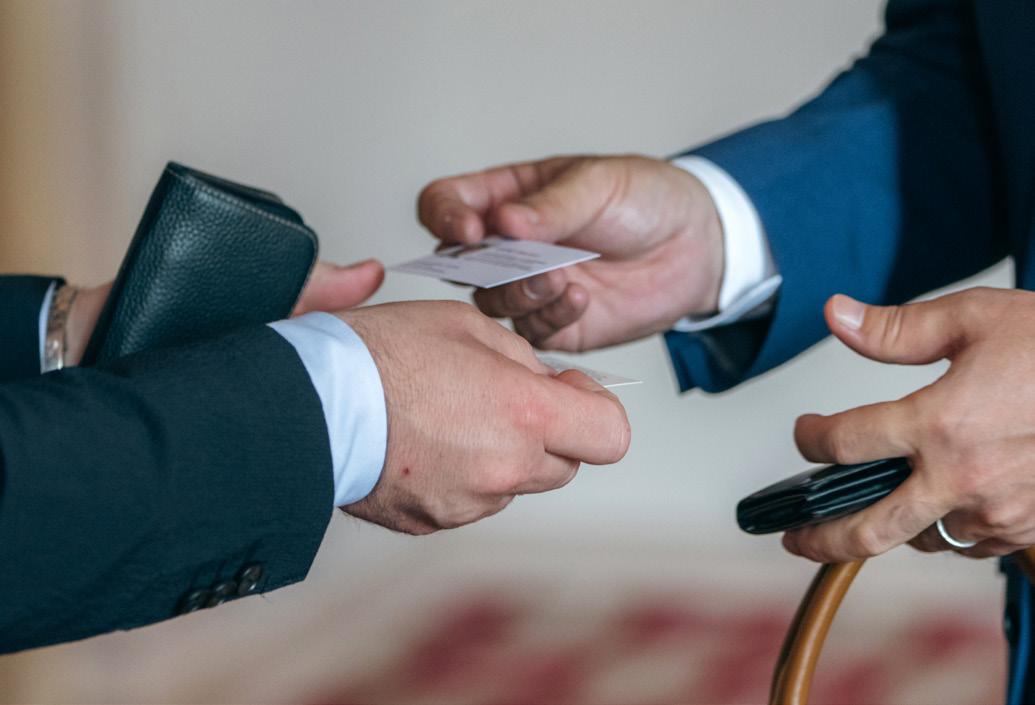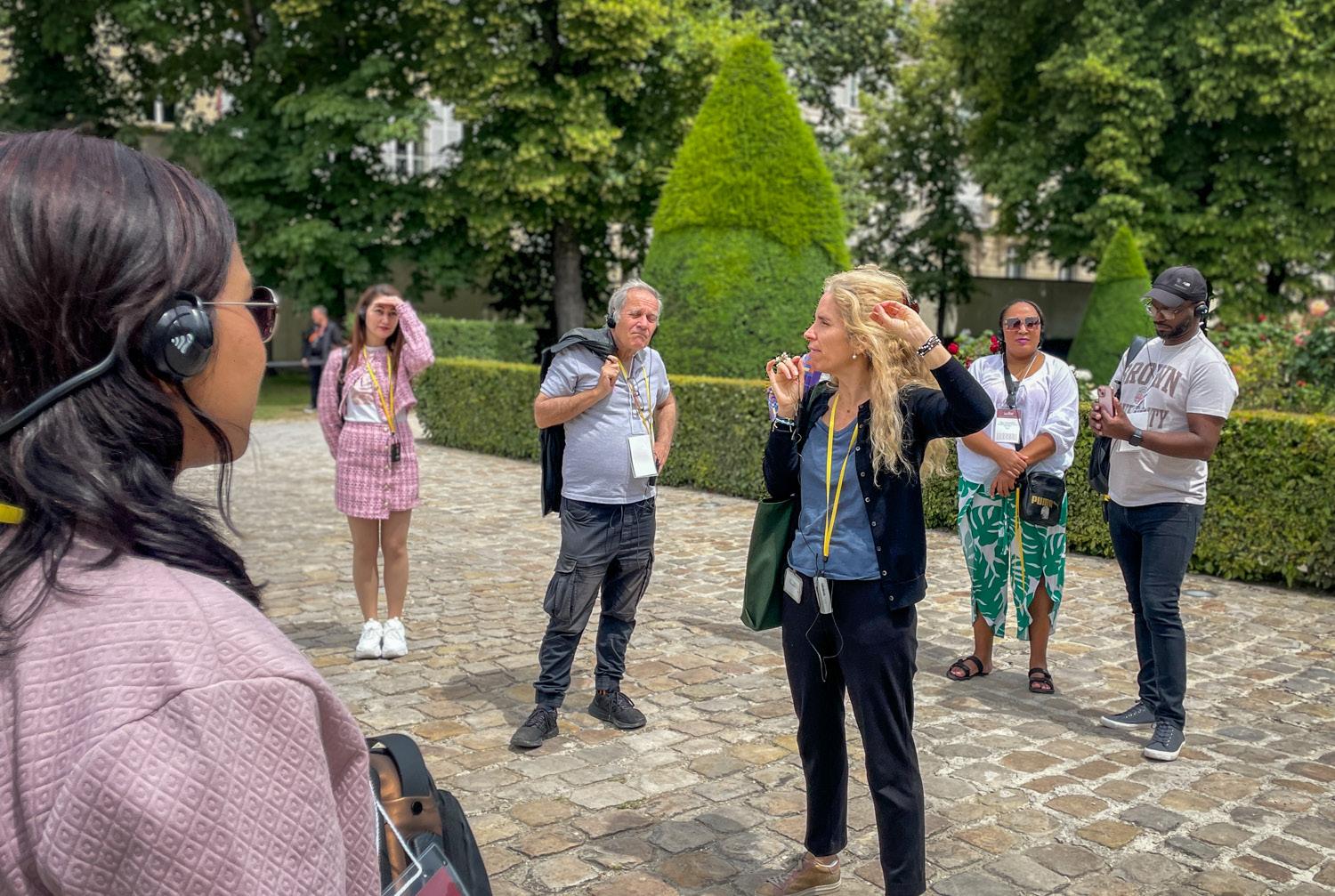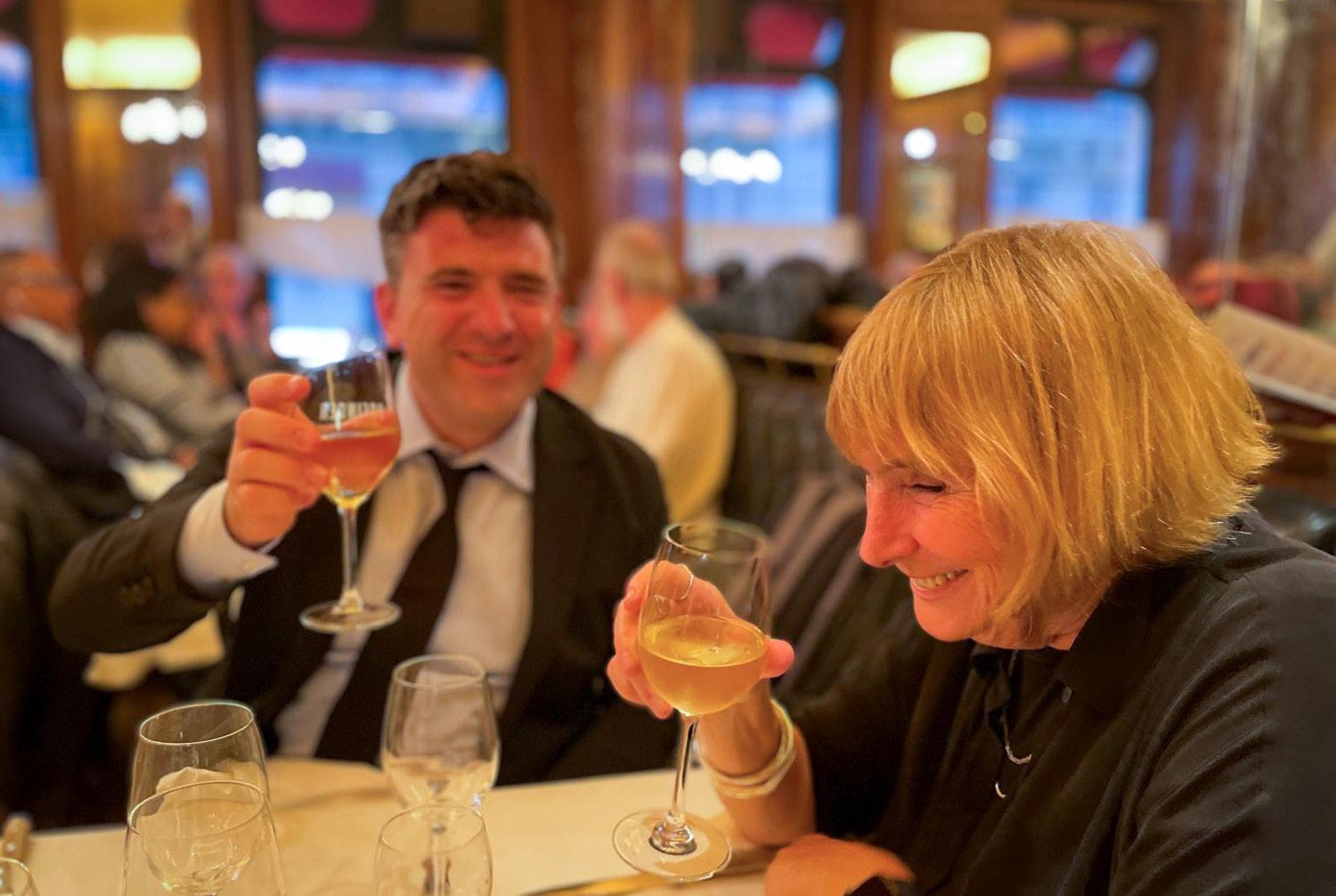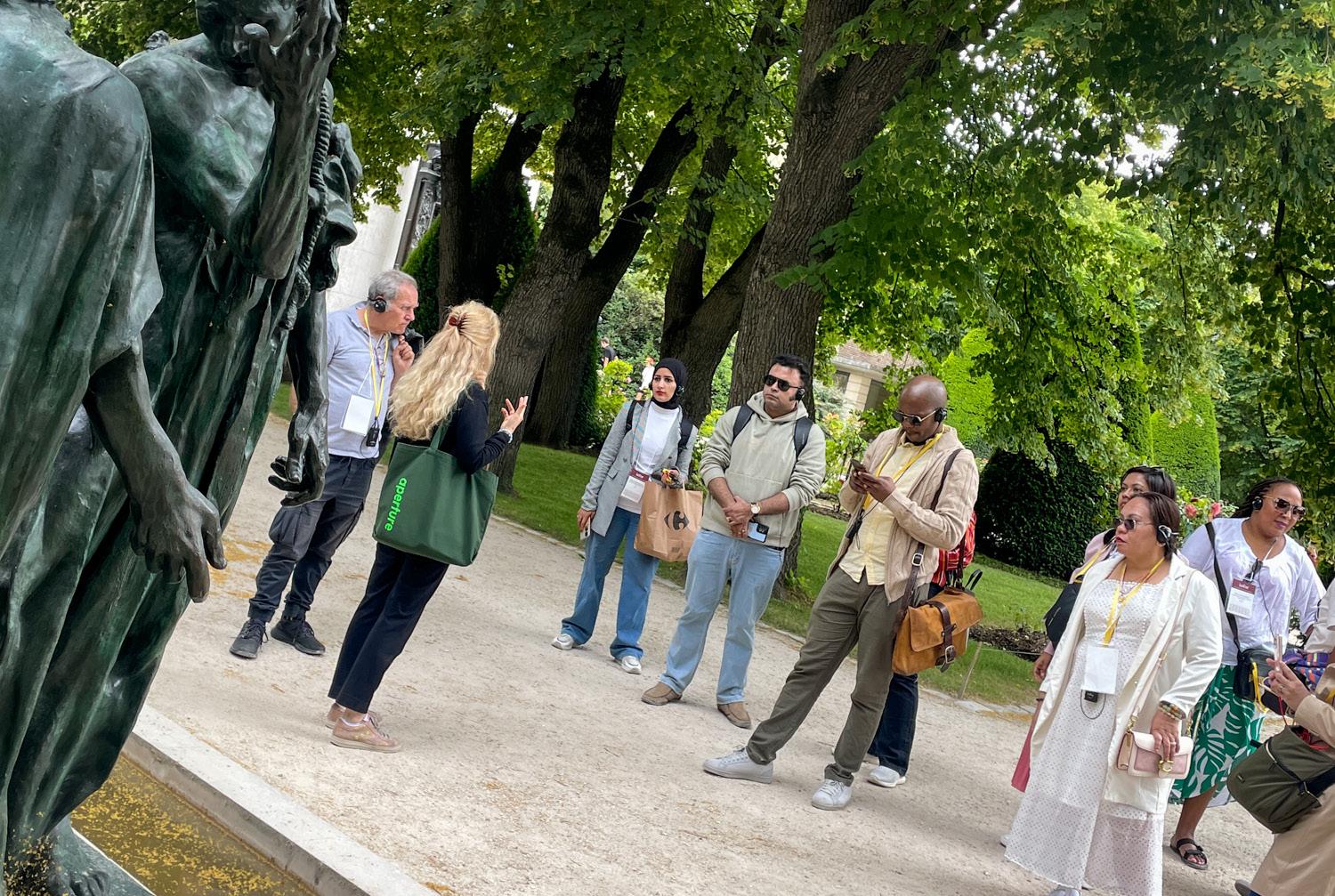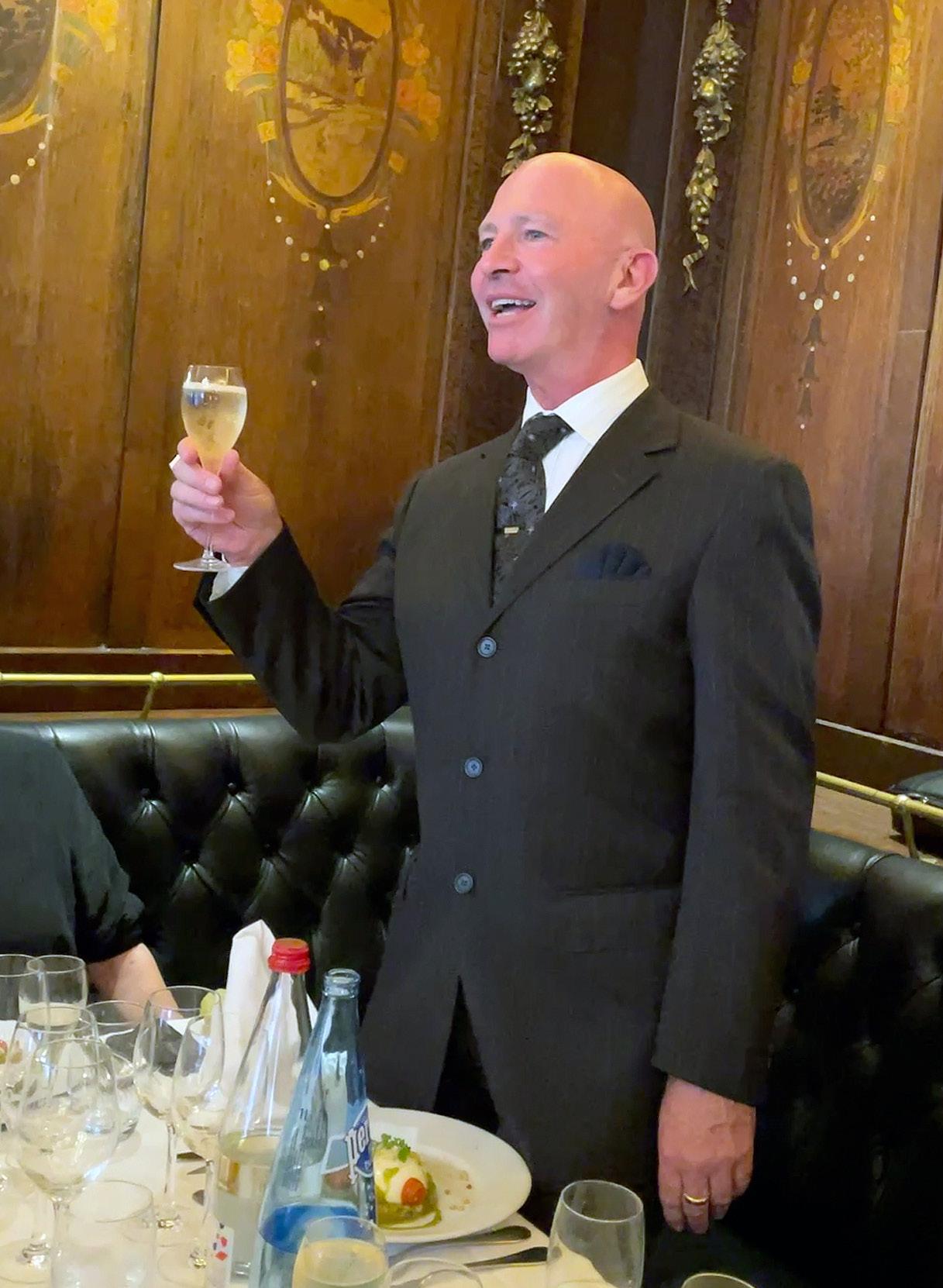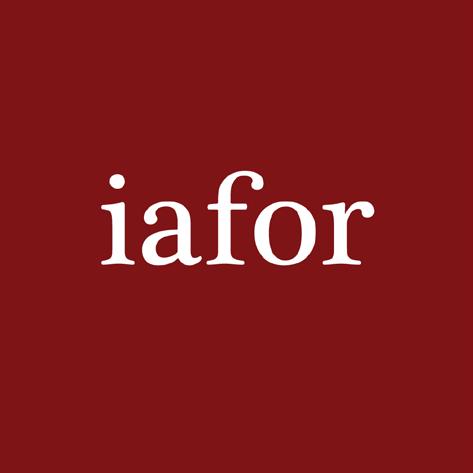









1. Introduction
2. Veto vs. We The People: The Time for Change
3. Politics in the Olympics: Sports, States, and the IOC, and How We Are Related
4. Cultural Heritage, Peace Education, and Climate Change from an Institutional Perspective
4.1. International Organisations and Non-Governmental Stakeholders
4.2. Limitations and Barriers to International Cooperation
4.3. The Future of International Cooperation
4.4. Implications
5.

1. Introduction
In 2024, all eyes are on Paris. For one, the greatest sports event on the planet will be held there in July and August, offering a celebration of multiculturalism and human diversity. The Olympics are a testament to how competing national representatives can effectively engage in healthy rivalry while respecting each other’s differences. Since ancient times, warmongering nation-cities would cease their fire temporarily to find the Olympian champions to bring honour to their nation. In moder n times, with the help of the International Olympic Committee (IOC), the Olympic Games were reintroduced in the 19th century, promising the same peace-building effects.
Peacebuilding and international cooperation have firm roots in Paris. This is where the headquarters of UNESCO, the United Nations organisation, whose mission is to bring peace through education and scientific cooperation, were established. Its predecessor, the International Committee on Intellectual Cooperation, was a group of intellectuals, notably including Albert Einstein and Marie Curie, whose discussions in Paris were to inform and balance out national interests in the League of Nations. The Paris Agreement, an international treaty on climate change, was also negotiated and adopted here by the international community in 2015, marking a tremendous achievement in international cooperation to tackle the climate crisis.
However, in the case of the IOC, an international organisation that prides itself on apoliticism and international cooperation, some questionable politics cause concern. Without solid democratic procedures and a history of following exclusionary methods, the IOC gets to decide on the participation eligibility of nation-states. For example, the exclusion of Russian athletes in the Olympics stands in stark contrast to the continued inclusion of Israeli athletes, when it comes to national representation. Russian athletes are not able to compete under their national flag, due to the ongoing war against Ukraine and several doping scandals, most notably the statesponsored doping allegations at Sochi in 2014. On the other hand, Israel, another country engaged in a war against Palestine, is allowed to send athletes to represent its nation.
There are political reasons and national interests behind these questionable processes, which the IOC cannot escape without losing its credibility. Due to being indirectly tied to the United Nations and the Security Council, it follows the decisions of the world’s nations, despite claiming apolitical views itself. In the case of Russia and Israel, the difference in participatory eligibility is that Ukraine is internationally recognised as a sovereign state, whereas Palestine is not. Despite the IOC recognising Palestine’s rights since the 1980s, it is regrettably still a hostage to national interests.
The same may be true for international institutions such as UNESCO, who are tied to the United Nations. Despite being a supranational institution, it is still linked to an institution that favours national representation and allows for its members to exercise vetoes. This means that, even though it may have aspirational goals that transcend national boundaries as an institution, UNESCO’s aspirations remain just an ideal in the face of conflicting national interests that block any meaningful change. With decisions and policies seemingly being irrelevant or tone-deaf to ordinary people on the ground, some question whether international institutions represent people effectively. The attention towards Paris and the Olympic Games may arguably be one directed at international institutions, their role, and their limitations as a force for good in the modern world.
Today, many people feel alienated from the political discourse of national governments and international institutions. Discussions on global citizenship, sustainability, social cohesion, and peace lack practical context and insights into the lived experiences of those on the ground. These insights and plentiful creative solutions can be accessed by including ordinary people in the discussion process. IAFOR had the privilege of inviting two senior diplomatic figures associated with UNESCO, His Excellency Federico Mayor Zaragoza, former Spanish Minister of Education and two-term Director-General (1987-1999); and Ambassador Takehiro Kano, the sitting Japanese ambassador to UNESCO, to speak at our Paris conference. Both of them underlined that the cooperative and multistakeholder approach now employed by the UN and its agencies reflects this need to involve civil society and people on the ground in discussions and negotiations for a better future.
Where UNESCO’s actions are limited, intellectual and independent institutions, such as IAFOR, may be more successful in ensuring that inclusive and equitable discussions assist in giving all voices decision-making power and a platform to be heard. Much like UNESCO’s predecessor, the International Committee on Intellectual Cooperation (ICIC), IAFOR is able to leverage its wide and diverse network within academia, industry, politics, and civil society, thereby representing people on the ground, whose insights are ignored otherwise. Constantly striving to be international, intercultural, and interdisciplinary, IAFOR is capable of breaking free from national boundaries and interests, as our community represents diverse cultures, educational institutions, businesses, and nonprofit organisations unbound to nations. IAFOR is developing into one of the organisations that, according to our guest speakers and panellists, will help define the future of multilateral and multisectoral cooperation in what Ambassador Kano terms the ‘new post-post-Cold War’ era.
Harnessing this geographical, political, and contemporary context of Paris, our IAFOR community engaged intellectually and interculturally to discuss how international institutions, envisioned as beacons of global cooperation and peace, frequently fall short of their lofty aspirations to truly represent and act for the people they serve.

2. Veto vs. We The People: The Time for Change
‘Unanimity is the antithesis of democracy’ and exactly where the problem lies with multilateral cooperation since the end of WWI, highlighted His Excellency Federico Mayor Zaragoza in his keynote presentation, titled Educating for Peace: A Call to Action for We the People. According to him, collective action of the people against what United States President Eisenhower saw as a ‘plutocratic government led by industry’ is the way to move from a governance based on armament to a governance based on peaceful mediation.
The United Nations’ preamble proudly proclaims that ‘We the People of the United Nations determined to save succeeding generations from the scourge of war’. According to Ambassador Zaragoza, this is ‘an excellent design of democratic multilateralism’ but that first phrase of the charter ‘for 78 years has not been able to be put into practice’. ‘We the people’ has never held any true power in multilateral cooperation. Ambassador Zaragoza attributes this failure to the introduction of veto rights and a governance based on force.
To make his point, Ambassador Zaragoza laid out the history of international collaborative efforts towards world peace, highlighting the role of the United Nations and its predecessor, the League of Nations. In the wake of World War I, a historical moment for world peace took place in Paris in 1919 at the Paris Peace Conference, resulting in the establishment of the League of Nations. With the endorsement of United States President Woodrow Wilson, a euphoria around multilateral cooperation arose, seemingly ending a period of conflict between nations by creating ‘the possibility for mediation and negotiation’.
The ambitious project never served its intended purpose. Ironically, the United States as the advocate for the League of Nations never joined the organisation it initiated. The global mindset since the dawn of time has been one of ‘if you want peace, prepare for war’, said Ambassador Zaragoza. This kind of governance was, and still is, a governance based on armament. When world nations want to resolve a war, they send troops to counter an invader. It’s impossible to talk about peace without using methods of force. Maintaining this mindset then is what eventually led to WWII.
The United Nations, the League of Nations’ successor institution, was created after the end of World War II in pursuit of world peace. Under United States President Franklin D. Roosevelt, the Declaration on Human Rights to be adopted by the UN was drafted, creating another moment of hope. However, the democratic structure it set was undermined from the beginning by allowing five countries (United Kingdom, United States, France, China, and the USSR - later Russia), the winners of WWII, permanent seats on the security council and outsize influence, most particularly exercised through the power of the veto. This meant that any prospect of change that did not conform to the national interests of the victors of WWII could immediately be disregarded. ‘We had a perfect design of democratic governance’ said Ambassador Zaragoza, ‘but we have never been able to apply this first phrase ‘We the people’. We have failed to apply it because of the implementation of veto since day one’. The United Nations, hence, never actually represented the ‘We The People’ to which it referred to in the preamble of its charter, nor did it lead to a path for world peace.
Today, the people have more power than ever, owing to the advancement of technology and the internet. It is much easier for ordinary people to report their situation from isolated parts of the world, to spread information, rally others to a cause, and raise awareness. Marginalised people are given a platform to express themselves and, in many cases, hold their leaders accountable. What President Eisenhower saw as a plutocratic government led by industry, in which he had no power to enact any change, today can be challenged by the people, said Ambassador Zaragoza. He advocated for us to take advantage of today’s technology to join and express our voices, decisions, and knowledge, and to say no to veto. It is a way to express the immense force of human creativity to create a ‘new way of governance, understanding, and solidarity’, he said in his call for action.

To start acting, we need to focus on the delivery of quality education—a kind of education as it is stated in the Constitution of the United Nations Educational, Scientific, and Cultural Organization. The UNESCO Constitution states that ‘the educated are those that are free and responsible’ Ambassador Zaragoza stated that only those who are free and responsible can become acting citizens. Education, he argued, should not only focus on generating and reproducing knowledge but should aim to transform people from spectators to actors. The immense force at the global level is not armament, but the capacity of human beings that are unique and able to create a different world through ways of action.
It is ‘We the People’ against the ‘Veto.’ ‘We The People’ is a collective attempt to recognise equal human dignity for all human beings, regardless of gender, colour, or ideology. Without realising that all human beings are equal in dignity, ‘We The People’ cannot exist in serenity and solidarity. Ambassador Zaragoza highlighted that veto power has brought about irreversible, terrible consequences in the past on issues relating to the environment, disease, and habitability of the planet. He concluded by reaffirming that we are in a pivotal moment where we can change and redress the global situation, but that in order to do this, world governance must become truly democratic and abolish the veto. Our global mindset should also shift from solving conflict through armament to solving it with mediation. The slogan of ‘if you want peace, prepare for war’ must shift to ‘if you want peace, prepare for ‘the word’, meaning mediation. That is how we can establish a governance based on peaceful negotiation.


3. Politics in the Olympics: Sports, States, and the IOC, and How We Are Related
Professor Patrick Clastres gave a timely presentation titled Olympism and International Relations from Pierre de Coubertin to the Present Day, highlighting the highly political nature of the Olympic games. Sports competitions, such as the Olympic games, were envisioned as one of the tools to bring world peace, and the world of sports was meant to be separate from the world of nation-states. As the co-founder of the International Olympic Committee (IOC), Pierre de Coubertin put in place the ‘opening ceremony’ of the Olympic games to manage possible tensions based on different ideologies and religions of the represented nations. However, the problem of world peace through sport lies in the nature of the athletes themselves being the representation of the nations. The sense of politics of states in the world of sports was brought about by the introduction of the national uniform in the 1908 Olympics. Some countries were banned from having athletes and their national identities, including uniforms, flags, and anthems, shown in the Olympic games due to international politics, such as Serbia and Montenegro in the diplomatic boycott in 1976.
In addition to national identity, it is important to balance the sense of patriotism and internationalism in the nature of international sports competitions such as the Olympics. Responding to the changes in the ideal nature of the Olympics, Professor Clastres raised a thought-provoking question about whether it was worth the money for France to spend 10 billion USD to organise the Olympics, given the Olympics is largely used by the state to reinforce a country’s presence in the world, but not to promote peace.
In fact, the notion of nationalism was included within the Olympics concept only a few years before the First World War, as mounting nationalist sentiments spread throughout Europe. National representation of athletes was the product of its time and may not serve in the best interest of the current political landscape of today, said Professor Clastres in an interview with IAFOR. ‘Before WWI, athletes competed as individual agents. Today, they have become hostages to national politics’ he said while urging the IOC to revert to its previous individual or club representation model.
Professor Clastres argues that the problem of inclusivity has existed throughout the history of the Olympics due to the nature of what he termed ‘authoritarianism’ in the sports world. At the beginning of the Olympics, amateurism was used to exclude people based on their gender and social backgrounds, preventing a broader participation in the Olympics. Within the IOC, although women represent about 46% of the people working in the committee, they do not hold high positions within the organisation; the IOC did not include women on the committee until as late as 1981. Women athletes are asked to go through physical checks to prove that they are biologically women and to take medicines to naturalise their testosterone levels, while men with naturally different testosterone levels are not required to do the same. Sports represented in the Olympics are also predominantly Western sports, set by the IOC for particular audiences and news media outlets. In its history, there were only three non-Western sports introduced to the Olympics: Judo in the 1960 Tokyo Summer Olympics, Taekwondo in the 1988 Seoul Summer Olympics, and Karate in the 2020 Tokyo Summer Olympics.
Professor Clastres focused intensely on the political aspects of the IOC in his talk. The IOC, he argues, has created a ‘parallel world,’ where it manages politics within the Olympics through its international connections. The IOC shapes the narratives of the Olympics through its allied connections with ‘official’ artists, journalists, and historians. Professor Clastres states that the IOC has created ‘pseudo historians’, where they write only a part of ‘the truth’ about the Olympics with the influence of the IOC. Moreover, the politics within the IOC are less than democratic: compared to the one-nation-one-vote system utilised by the Fédération Internationale de Football Association (FIFA), the IOC has 106 sitting members representing 70 countries out of the 206 countries it recognises. The IOC operated figuratively on a ‘gentlemen’s agreement’, representative of the agreements of the upper classes, without formal statute until 1981, the year when a few women were first appointed to the IOC. The IOC is very protective of its institution, which has had just eight presidents throughout its 130 year history. The IOC maintains its power in the international arena through the funds it had given back to international federations and National Olympic Committees. To make the IOC more accountable and transparent, Professor Clastres urged ‘the citizens of the world’ to first look into how their National Olympic Committees budget the funding they receive from the IOC, so as to encourage accountability and towards a more transparent ecosystem and better governance structure of the Olympics.


People are and should be at the heart of the Olympics, Professor Clastres argues. People are enthusiastic about the Olympics because they want peace, justice, and liberty, and the IOC should assume its mission to defend ‘peace, freedom, and fraternity’. Only by reforming its roles and missions will the IOC be able to represent the motto of the Olympics: Faster, Higher, Stronger – Together.
In an interview later on, albeit the criticism towards the IOC, Professor Clastres also shared some positive aspects and outlooks on the future of the institution and the Olympics. It is worth noting that the IOC has, in some cases, been ahead of the United Nations’ political decisions on inclusion and acknowledgement. For example, the IOC has recognised Palestine as an independent country since the 1980s, whereas the UN still struggles with this issue. Echoing Ambassador Zaragoza’s point about the veto within the UN, Professor Clastres also cites the process of veto within the IOC as a major obstacle to inclusive and effective decision-making.
Unfortunately, the IOC cannot challenge the status quo on its own, Professor Clastres argues. As an institution, it still needs to fall in line with the decisions and view of the United Nations, otherwise it risks losing its credibility. ‘IOC members must be protected, not controlled, by international institutions such as the United Nations. They should be regarded as ambassadors of the UN and the athletes as messengers of peace’.
‘We must be confident in the future’, said Professor Clastres. ‘With the emergence of new economies and the rise of developing countries, favourable developments may be on the horizon. The IOC will change its president in 2027. It may well be that the new president could come from the Global South. The best way to move forward is to think in terms of human rights and freedom. If we can move beyond the concept of nationalism and think of athletes as independent agents, it would be a great step forward’.

4. Cultural Heritage, Peace Education, and Climate Change from an Institutional Perspective
The confidence and rules-based order of political and economic liberalism and liberal internationalism of the Global North has been quite shaken and destabilised, as previously marginalised groups present new concepts and perspectives and bring new voices to the idea of peace, climate emergency, and how we may consider our heritage and what we do with it. International institutions are particularly feeling this change, while citizens all over the world look at political decisions with apprehension. The paradoxical nature of international institutions is questioned by the global community: they are envisioned as beacons of global cooperation and peace, yet frequently fall short of their lofty aspirations to truly represent and act for the people they serve.
In 2023, UN Secretary-General António Guterres proclaimed that we have exited the post-Cold War era and entered a new one, coined by Ambassador Kano as the postpost-Cold War period. What this period looks like is still unclear, but one thing seems to be gaining momentum: multilateral cooperation between varied stakeholders is changing, including, among others, industries, civil society, and political and educational institutions. During the post-Cold War period, there was a euphoria about multilateralism. However, the world has shifted from this trajectory. We are living in a completely different world than from 30 years ago. Different countries are now recognising the increasing importance of the Global South, and the need to include them in making decisions.
The panel on International and Interdisciplinary Perspectives on Global Citizenship in Times of Change and Crisis, moderated by Professor Anne Boddington, focused on how international institutions attempt to harness the insights of these different stakeholders to enact positive change where institutions fail to operate effectively and ethically. Three panellists who are engaged in three different international institutions shared their insights on how international institutions work and how their role will change: Ambassador Takehiro Kano, the current Japanese Ambassador to UNESCO in Paris; Professor Ljiljana Marković, a professor and academic director at the United Nations University for Peace’s European Center for Peace and Development (ECPD), Serbia; and Professor Jun Arima from the University of Tokyo, Japan, a chief negotiator at the COP, the UN’s Convention on Climate Change. The three panellists discussed how their respective institutions go about cultural heritage, education, and climate change, each highlighting the need for a different kind of multilateral cooperation to achieve all those aspirational goals for a better future.
4.1. International Organisations and NonGovernmental Stakeholders
The three panellists were called to first introduce their respective organisations and reflect on what and how they engage and harness stakeholders outside of governments for positive change. All three panellists observed changes in how multilateral cooperation is currently unfolding, but refrained from defining it as a clear way of moving forward. There is much more diversity within international cooperation, but it is still unclear how current power vacuums will be filled, and how willing government sectors are in accepting intersectoral and international input.
Introducing her institution and its mission, Professor Marković said that the main focus of the European Center for Peace and Development is educating graduate students on the importance of peace. Professor Marković raised the issue of an existing vicious circle, wherein the role of education as an enabler of economic growth and development needs peace and good education to be achieved, and this, in turn, needs financial support. ‘Without economic growth, quality education and peace cannot be achieved, and without quality education and peace, no economic growth can be attained’.

Quality education, research, and interdisciplinarity are the foundation of all international cooperation, as Professor Arima highlighted. In the case of cooperation on climate change, education plays an essential role in convincing people of their responsibilities toward the planet and engaging them in debates and decisionmaking processes. Until 2015, discussions were mainly intergovernmental, said Professor Arima. However, particularly after 2020, the focus has shifted to broader participation of stakeholders from various sectors and industries, acknowledging the limits of national government power. Academia is needed to discover and discuss the cause and impact of climate change, as well as the socio-economic implications. Industry is the powerhouse of new, eco-friendly technologies. Civil society plays a role in raising awareness for environmental issues, while indigenous people and other minorities enrich the discussions considering all perspectives. Finally, cities –the epicentre of emissions and urbanisation – and their councils are great vehicles of implementing policies in their communities. Professor Arima observed that the number of participants from non-governmental entities is increasing each year.
Reflecting on what UNESCO does and how it engages and harnesses stakeholders outside of governments for positive change, Ambassador Kano said that the institution’s mission is to promote peace and security through education, science, sports, and culture. The core is intellectual cooperation, which can be achieved through educational initiatives. The precursor of UNESCO, the International Committee for International Cooperation (ICIC) that was established in Paris before WWII, was made up of committee members from different countries who acted as representatives of those countries, and did not speak on behalf of their national governments. They instead discussed important matters through their professional or private capacity, in much the same way as delegates at IAFOR conferences engage today.
However, while UNESCO’s representatives now represent member countries, unlike other international organisations, such as The Organisation for Economic Cooperation and Development (OECD), UNESCO has kept its precursor’s tradition by involving all sorts of stakeholders outside of the government, including journalists, academics, business leaders, and artists. With 194 member states, it is one of the most inclusive international institutions regarding education, science, sports, and culture.


